|
The Canadian Conference of Catholic Bishops, the Pontifical Academy for Life, and other key partners are organizing an international interfaith symposium on palliative care. Entitled “Towards a Narrative of Hope”, this symposium will take place on May 21-23, 2024, in Toronto. With the objective to educate and build a culture of social responsibility in palliative care, experts from medical, ethical and pastoral contexts will focus on translating insights from the presentations and discussions into concrete strategies of actions. You can already watch a short video on the purpose of the symposium and the vital role of faith-based organizations and communities in promoting human dignity, compassion, and respect for patients and their families through the illness and dying process. Please find below, for your information the videos announcing this international interfaith symposium on palliative care. Video in French by Bishop Noël Simard, Bishop of Valleyfield QC, and Member of the Pontifical Academy for Life (PAV), and Chairman of the Scientific Board for the Symposium: https://youtu.be/zBYKDGrvDlE?si=bHQYZ51-Ol0cuazQ
0 Comments
Great news! The celebration of Sunday Mass has resumed at three hospitals on the First Sunday of Advent in the City of Calgary. Patients, family members and friends, and hospital staff are now able to avail of this pastoral outreach in the following facilities:
The accelerated adoption of the Euthanasia law in Canada has thrown us into a troubling attack on the sanctity of life. Initially introduced by the Canadian Government to alleviate severe physical suffering, the law is now being suggested as a method to "manage" mental health conditions. Bill C-7, an amendment to the Criminal Code relating to medical assistance in dying (MAiD), proposes expanding eligibility for MAiD by removing the requirement that a person's natural death must be reasonably foreseeable. This could allow individuals not nearing the end of their lives, including those with mental illnesses such as depression, to avail themselves of this provision. Since its adoption, over 31,000 medically assisted suicides have occurred in Canada - a number projected to rise significantly with the planned expansion of the law to include those suffering from mental health conditions. However, mental health illnesses are highly treatable. Symptoms can be managed, and lives can be lived to the fullest. Broadening access to MAiD is not the solution, particularly when our priority should be to choose life over death. We must ensure all efforts are taken to protect the most vulnerable from medically assisted premature death, which can be prevented with adequate treatment and care. We should ensure that those suffering from mental illness are treated medically, not through assisted dying. Conservative MP Ed Fast has brought forward a Private Members Bill C-314 to rescind the government’s decision to expand Canada’s assisted suicide laws. The bill asserts that medical assistance in dying should not apply to persons suffering solely from mental illness. The vote will take place by members of parliament on October 18th. As the CCCB urges all the faithful in their Open Letter in May 2023: “We encourage individual Catholics and their families, faith communities, Catholic healthcare professionals and any other people of good will to continue courageously and unwaveringly to witness to life, to tend to and accompany the sick, to resist pressure to support or participate in ‘MAiD,’ and to pray that our law makers may see the harm in what they are permitting to take place.” Let's continue to pray for those living with mental health challenges and illnesses and those who care for them, that God may strengthen them in hope, and that they may find the support they need from family, healthcare professionals, faith communities, and others. The Catholic Women's League (CWL), a national organization of Catholic women, emphasizes the sanctity of human life as one of their key missions. Amidst the pressing social justice issue of inadequate mental health and palliative care services in Canada, and the critical concern surrounding MAiD, they are urging members and the faithful to take action and reach out to their Member of Parliament, requesting support for Bill C-314. With the vote scheduled for October 18th, time is critical. Please share this vital message with your family and friends.
Notes:
Reading materials:
It was a privilege to attend the Pastoral Care Training last September, facilitated by Virginia Battiste. The workshop was attended by 20 fellow parishioners from Holy Family Parish in Medicine Hat. Virginia Battiste, the facilitator, possesses a Bachelor of Arts in Psychology, a Diploma in Elementary Education, and a Master's of Theological Studies with a major in Pastoral Counseling. Role playing opportunities to practice newly acquired listening skills that focused on paying attention to another’s feelings rather than focusing simply on the facts, was incredibly beneficial for me. One of the takeaways from the Training was learning the four rules of Pastoral Care: 1) it's not about me, 2) Not to go in with my own or any agenda, 3) I'm not there to fix or solve problems, 4) it's all about the person I am visiting, hearing their story, so they know they matter to me. During the role-playing exercises, it was fascinating to see how easily and naturally we all slipped into trying to "fix" things by offering advice. Virginia did an excellent job of helping us recognize this problem-solving mentality. She guided us towards realizing when we were focusing on the other person's facts rather than their feelings. Once again, Pastoral Care emphasizes listening for feelings, not facts. Upon reflection, my favorite part of the weekend was the discussion on Medical Assistance in Dying (MAiD). This topic highlighted Virginia's exceptional knowledge and passion. Her passion for helping Catholics understand their faith and the Church's teachings regarding assisted suicide led to an impassioned exhortation to stand up for what we believe. to be counter cultural, and to be faithful to the teachings of our faith. We are blessed with rich biblical teaching on the sanctity of life and redemptive suffering. It is never permissible to intentionally end a human life, one's own or another. In today's society, this is not a popular stance, but throughout history, the Catholic Church has taken unpopular stances. We must be strong in the Lord and stand for truth and the sanctity of life. Written by Valerie Dykstra, a pastoral care minister and parishioner of Holy Family, Medicine Hat.
Grief, despite its painful nature, can reveal our resilience. It can deepen our relationships and enhance our spirituality. While it's a difficult journey, it's also an opportunity for growth and transformation. I am a bereaved mother with experiences in traumatic loss, genetic loss due to a Edward’s Syndrome, and miscarriage loss. As well, I’m a psychologist, and for the past two and half decades, I have been privileged to journey with persons integrating grief. My personal experiences, as well as those of my marriage and family, have motivated me to live in a way that celebrates life, deepens spirituality, and strengthens connections. Grief often manifests as feelings of invisibility and isolation. These experiences, while common, can act as fertile ground for a range of challenges including anxiety, depression, unprocessed guilt, inhibiting shame, distorted personal narratives, marital disconnect, impacted sexuality, and infertility, among others. While I have grappled with feelings of invisibility and isolation, they occur less frequently now. Although I have benefited from psychological resources, I have found profound comfort in spiritual practices, and I am looking forward to share this with others. Miscarriage and early infancy loss are unique forms of grief, with a myriad of potential facets. These can include medical trauma, survivor guilt, sometimes relief, confusion, spiritual questioning, depression, cultural differences, and spousal differences. Such experiences often receive minimal recognition and may not even be directly linked to the loss. Consequently, the intensity of the loss may be intensified by feelings of minimization, invisibility, and loneliness.
Why should you attend? Firstly, grief is often a topic that is avoided as discussing it can be a painful reminder of the loss experienced, and people are biologically wired to avoid pain. Secondly, in my practice, I frequently encounter concerns about potentially hurting others by bringing up the subject of loss. However, have no fear - the pain already exists and discussing the loss can help relieving it, rather than intensifying it. When we avoid it, we risk creating a deeper wound - a sense of invisibility. The purpose of this workshop is to journey together, creating a safe space where we can share and navigate the complexities of grief and its integration into our lives. Finally, I’ve heard many say, "I don’t know what to say." In the workshop, you will learn through testimony of what has been helpful, including this statement. This workshop is open to everyone. You might consider attending if you have personally experienced a miscarriage, if you know someone who has suffered a miscarriage and you're unsure how to provide support, or if you frequently interact with families and want to be equipped to handle this specific form of grief. The organizers and participants hope that through this workshop, attendees will feel affirmed, find a space to share their experiences, receive comfort, embrace the opportunity to learn, possibly adjust their narratives if needed, and cultivate a desire to support others.
My 95 year old mother did not know a grandparent, a cousin, an aunt or an uncle growing up. But it is like the Lord is making up for what she did not have, as now there are close to 90 of us with our families and children and grandchildren and great grandchildren. Truly, the blessings of abundance are bountiful! Celebrating the third World Day for Grandparents and the elderly is especially heartwarming for me this year. First, to be a grandparent to 11 on earth, and to have my own mother still with us as a grandmother and great grandmother is truly a blessing. The alignment of the World Youth Day preparations with the celebration of this day serves as a reminder for young adults to appreciate the gift of their grandparents. As they participate in the festivities in Lisbon, Portugal, this year's World Day for Grandparents and Elderly theme, "His Mercy is from age to age" (Luke 1:15), echoes a message that God’s eyes are always on us. Taken from the Visitation of Mary to her cousin Elizabeth, this verse speaks volumes of the generations who celebrate in this Mercy. 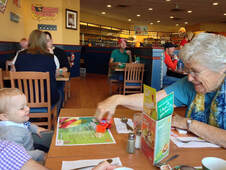 The connection between the young and the old is vitally important. Whether it is being there as a grandparent to offer support and wisdom, or whether it is accepting the outstretched hand of the young offering help, both are so very necessary. Even if your grandparents are no longer with you, there are many elderly waiting to receive the touch of a grandchild figure, or for them to be a grandparent to a child. During the pandemic when care facilities, and other living accommodations were closed off to visitors, our family came up with an idea to be able to see mom everyday by using FaceTime. This allows us to pray the daily rosary with her, to bring to prayer those who had special needs, and to remain connected. For over 2.5 years we have continued the practice as a family, and those who are able to join in can do so on any given day. There are countless ways to maintain strong connections with our elderly loved ones, and each small effort can make a significant difference. Looking for ideas?
As grandparents we experience the joys and sufferings of each of our children and grandchildren. There are special needs, and there are many ways that we can be a blessing to our grown children and our grandchildren. I always recall with great gratitude the many times my own parents took our children, and the mercy shown to us when we were young parents. It is this boundless mercy shown to us that I desire to pass on to our own children and grandchildren. Those blessings that we received as young parents are still felt today, as I reach out to, and try to provide a place of secure welcome to our own grandchildren. To witness to, and to be there for our grandchildren, as our presence is required, allows our grandchildren to receive so many benefits of family living united in the hope and the promise of the gospel message. We are called to be there, and to especially be there for our aging parents / grandparents. To be a sign of hope in a culture that wants to cancel people is so very important. It means taking a stand and to pray through our current culture, while keeping our focus on what brings life. To be people of hope, when all hope seems diminished stands as a beacon for the world. God’s plan is so much bigger than what we can imagine, and we can be that sign of hope for others. It is not about a “perfect” life, it is about allowing God’s will and His plan to unfold for our lives, having the cross at the centre. It is about caring for those that God puts in our path. The love and respect given to and from grandparents can never be diminished. When cultures are cancelling the weak and the vulnerable, it is time to stand up, and be counter cultural. Let us be the “voice of one crying out in the wilderness” (Isaiah 40:3). Do not be afraid to be the one to show His Mercy, and to respect the life we have been given from conception to natural death. My grandfather, when asked how to raise children, simply said, “teach them their faith, and use good common sense.” Today this is still sound advice, so simple and yet so true. His words of wisdom have stood the test of time. As we navigate through this complex and unforgiving world, let’s revisit this advice, and may we proclaim with boldness the message of mercy to our grandchildren.
Everlasting joy: Serving & Listening in the Spirit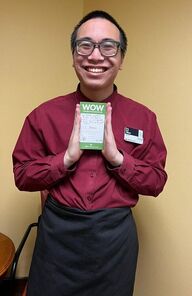 Over the past year or so, I have been working as a waitstaff member at a retirement home in the northwest Calgary. It is a quaint place for independent seniors who do not require extensive care. My most treasured part about this job are the interactions I have with the residents at the retirement home. This, I believe to be a twofold interaction as I have noticed that the residents seldom receive family visits. The residents have a wealth of insights and wisdom to share, and what I commit to bring them in return is an infectious joy to hopefully brighten their days. I would not have chosen this job if I had not recognized the primary commitment to bringing joy. I have my own experiences with my grandparents and my faith to thank for that; because I cannot imagine how isolating it could feel to live here without much social interaction. Interestingly, I learned from a group of residents about a differing approach taken by another waitstaff member. Residents were advised to spend their free time in their suites rather than the all-day café near the dining area, which is typically designated for leisure. This baffled me. What could possibly lead one to believe that people, particularly seniors, would prefer to be cooped up away from everyone for days on end. These experiences further bolster my efforts to provide the most genuine and respectful service I can give. This primarily comes down to the smaller things. If there’s one thing the elderly desire from a service, is to feel that they are listened to. I cultivate this through a multitude of smaller actions, such as not just remembering and calling residents by their names; but also knowing their drink choices at each mealtime, as well as any allergies or food preferences. I make a point to acknowledge all of these preferences or requests when serving them; and I am always open to conversation. At the end of the day, I am here at this job to serve the elderly the best I can. I am drawn to this work, feeling motivated by the Holy Spirit to bring joy wherever I go and to whomever I interact. As we approach 2023's World Day for Grandparents and the Elderly, I aim to continue dedicating my service both to God and to the senior residents in the retirement home. I pray for the Holy Spirit to help me continue to share God’s love and joy with the elderly.
On Monday, May 26, 65 staff members from 35 parishes gathered at the FCJ Centre for a day of prayer and reflection. Coordinated by the Catholic Pastoral Centre team, the retreat was focused on the theme of “Being an Intentional Disciple – Knowing & Following Jesus”, with talks from Bishop McGrattan and Fr. Fabio DSouza from Our Lady of Fatima Parish in Calgary. Parish staff members spent the day praying and singing together, listening to sessions, participated in discussions, as well as spending time in adoration of the Blessed Sacrament. Fr. Fabio DeSouza shared his testimony on how he was called to the priesthood and emphasized discipleship and mission as a journey led by God. He highlighted the significance of the Virgin Mary's response to the angel Gabriel and the third petition of the Lord's Prayer as expressions that capture the essence of our discipleship. Fr. Fabio also reiterated that each person possesses a unique calling and purpose, and embracing our mission actively contributes to the building of God's kingdom and the transformative work of God's grace. Overall, the retreat provided an excellent opportunity for all to recharge, connect, and renew their call to discipleship! Many expressed their gratitude for the chance to come together in prayer and reflection, and conveyed how much they appreciated it. We thank the FCJ Centre for being an excellent host, providing their facilities, as well as delicious and wholesome food throughout the day. We surely left with a renewed sense of purpose and a deeper connection to our faith and mission at work. Photo credits: Brittany Teixeira, Glenda Anderson, and Fr. Wilbert Chin Jon.
Together with the Canadian Conference of Catholic Bishops (CCCB), Bishop McGrattan is urging the faithful to continue to oppose the expansion of MAiD in Canada. The CCCB has just issued an Open Letter to the Government of Canada and a Message to the Catholic Faithful on May 9 re: Permitting Persons Living with Mental Illness to Access Euthanasia/Assisted Suicide. We ask you to share the Bishop's message with your friends and family:
Let us spend the National Week of Family and Life (NFLW) 2023 united in prayer, reflection, and action, demonstrating our active support for family and life. Indeed, families are “guardians of life” when we love one another within our families and in wider society when we show kindness toward and care for the vulnerable and marginalized.
Note: Day 1 can begin anytime! We want to ensure everybody has the opportunity to join in and take part in this wonderful experience. Don't worry if you missed the start of NFLW, you can join in and start participating in the daily prayers and activities from any day.
Source: National Life & Family Week Daily Prayers & Activities, CCCB, 2023
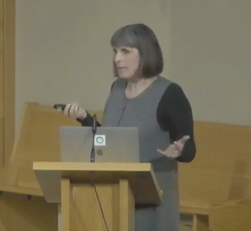 Dr. Peggy Thomson-Gibson Dr. Peggy Thomson-Gibson
Canadian Catholics who want a more fulsome public discussion of the law regarding medically-assisted death are being called to use their faith to move a legislative mountain. But take heart. The first item on the change agenda involves something as simple–and important–as writing letters to your Member of Parliament and key government ministers, says Dr. Peggy Thomson-Gibson.
The catch? With people’s lives at stake, there’s no time to lose. A Catholic and Calgary physician, Dr. Thomson-Gibson recently addressed MAiD (Medical Assistance in Dying) at a special meeting held at St. Peter’s parish. There, the medical doctor encouraged Catholics to learn how “we can defend our faith without raising our voices.” To do that, Catholics need solid information about their faith–and about what’s at stake, especially with proposed changes to MAiD law, says Thomson-Gibson. The problem with MAID Approved in 2016, existing MAiD law allows Canadians to choose a medically-assisted death when their death is “reasonably foreseeable.” Health Canada recorded 7,595 MAiD deaths in 2020, up from 1,108 in 2016. For information about why the Church rejects euthanasia or assisted suicide, visit this page. Looking ahead, the number of MAiD deaths to date are a fraction of what was expected had proposed amendments come into effect this March. The now-delayed changes expanded MAiD’s accessibility while simultaneously decreasing oversight, says Dr. Thomson-Gibson. Of primary concern was a change that allowed people with mental illness as their sole criterion to choose a medically-assisted death. People with a severe long-term condition or disability could also access MAiD, opening the door for medically-assisted death to be offered instead of treatment. Opponents say this confuses the notion of a “right” to die with a “duty” to choose death over treatment. This is especially troublesome in a public health system where disabled or mentally-unwell individuals could be made to think they are a financial burden on their families or society. Information released in 2022 shows the proposed changes also cut a mandated reflection period for those whose death is “reasonably foreseeable” under current law. Instead of a 10-day period, the changes required a single day. Another change drops the legal requirement for two witnesses to one and the sole witness could be a paid health professional. These amendments were scheduled to come into effect in March 2023. They were delayed in late 2022, and again last week. This provides more time for study and input. That timeline underscores the opportunity for faith-based outreach, like letters to the Prime Minister and individual Members of Parliament, says Thomson-Gibson. She suggests letter writers model respect in their letters and conversations about MAiD. Catholics looking for more guidance about how “to shed light, not heat” on hot-button topics should check out information from Catholic Voices Canada (https://catholicvoices.ca), adds the doctor.
The World Day of the Sick is celebrated each year on February 11, the liturgical memorial of Our Lady of Lourdes. It is an occasion to pray for individuals who are suffering, and to find concrete ways to draw nearer to them. The Holy Father's 2023 message is entitled: "Take care of him - Compassion as a synodal exercise of healing". In light of the Church's synodal journey, Pope Francis invites us "to reflect on the fact that it is precisely through the experience of fragility and illness that we can learn to walk together according to God's style of closeness, compassion and tenderness."
Pastoral suggestions for the World Day for the Sick (Feb. 11, 2023) for parishes and all the faithful:
Resources for World Day for the Sick:
As human beings with both body and soul, we take good care of ourselves through healthy relationships, especially our relationship with God, and with the help of science. Watch this video and see how both science and the Faith connect.
Bishop McGrattan's homily at the Memorial Liturgy for those grieving the loss of a child through miscarriage and stillbirth, November 24, 2022 at St. Mary's Cathedral. In the communal life of the Church the witness of faith and belief in Christ is always confirmed in the following – “Faith if it is genuine works through love”. Another way of stating this truth is that in the Christian life our faith is to be expressed through acts of love. This evening those families who have gathered, parents, grandparents, and children are united in the painful reality that they have suffered the loss of a child through miscarriage or stillbirth. Despite this pain and grief which is shared by those here present they also witness to a communal act of love in the remembering of their children in prayer. This is also a genuine witness of faith to the sanctity of life. That all human life from conception to natural death is a gift from God who is the Creator. He is the author of all life and in Christ we come to know and believe that through his death and resurrection we receive the gift of eternal life from God the Father. This is the hope that must also unite us in the prayer of this memorial liturgy. In the Old Testament, the remembering in prayer of God’s salvific presence in the midst of his people was always an act of “anamnesis”. It is a spiritual remembering and an act of faith in which they experienced the very presence of God’s love. In the First Letter of John this evening we heard the sacred author reminding the early Christians of this same truth. “See what love the Father has given us, that we should be called children of God; and that is what we are”. Other translations of this passage replace “See” with “Remember”. This evening we remember the love that the Father has given these parents through marriage. A love in which He invites husband and wife to share in His “co-creative love”, to express mutual love for each other and to be open to bringing new life, children into the world. 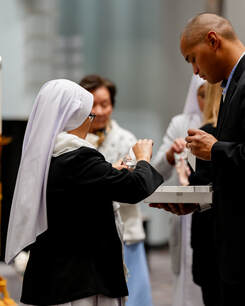 This vigil celebration of prayer for those children who did not receive the gift of being born into a family are still known by God as his children, like us. Although you as parents did not receive the joy of knowing your children you do share the anguish, sorrow and despair of their loss. However, in the faith that we share in being disciples of Christ, the suffering we experience now will always be transformed by Christ and that “what we do know is this: when he is revealed, we will be like him, for we will see him as he is”. This is the hope that we pray will sustain us as it did the early Christians. In the Beatitudes Jesus teaches his disciples that despite the present circumstance of their life the future they desire will become one of blessing and happiness if they maintain their faith in Him. This is the faith that allows one to trust that the fullness of our life is revealed in Christ. This would have been the desire and the faith of these parents for the children that they have lost. To be baptized into the fullness of the life of Christ. At the conclusion of this liturgy we incorporate the sign of light, in the lighting of a candle. Light symbolized the dispelling of darkness, and spiritually it overshadows for believers the sadness of death. The light of the paschal candle for Christians symbolizes the eternal light of the resurrection of Christ. As you come forward to light the candles for your children and their names are proclaimed, you are uniting yourselves in this communal act of love in remembering the children you mourn, but also it is a sign of your genuine faith and belief in the resurrection of Christ for your children. We who gather support you in the loss of your children, but in faith and through our prayers, we pray that they now share in the eternal life of Christ and God the Father.
“Help me!” Out of a dark bathroom in a long term care home, I heard a plaintive cry and froze. I was there to bring the Eucharist, nothing more. I turned to seek out an attendant and heard again, “Don’t leave me!” Heart pounding, I crept forward, identified myself loudly and turned on the lights to find an elderly woman on the toilet. With shaking hands I cleaned her and helped her to stand up. She leaned against me as we washed our hands. Secretly I thought, “I have wiped Christ’s bottom.” Jesus said that whatever we do for the least of his brethren we do for him. This is true whether we cook for our family, give alms to the poor or serve at Mass. However, it might be particularly true when we are called to move out of our comfort zone and give more than we intended to. For example, when we offer to buy a street person a coffee and he chooses a whole meal with it. Or we call to check in on a friend and she spills out her woes for an hour. When we give of ourselves we prefer to have a measure of control over the experience but that is not how God gives of himself. God gave his only son, and Jesus gave his lifeblood for us. God continues to give constantly and completely, so we are called to do the same. This kind of self-emptying service is what Pope Francis called “the art of accompaniment”. “The Church will have to initiate everyone – priests, religious and laity- into this “art of accompaniment” which teaches us to remove our sandals before the sacred ground of the other.” (Evangelii Gaudium 169) I am coming to understand The Art of Accompaniment through a series of talks given by Fr. Tim Boyle at St. Martha’s Parish in Lethbridge . So far Fr. Boyle has noted that accompaniment is not quite the same as caregiving, although it might include that. To accompany someone is to first of all recognize that God is with them. As guest speaker Reno Guimond said, “We are not bringing God to anyone. God has been there long before we show up. We go to see where God is.” Besides recognizing God in each person, we also need to understand how God works in the world. Fr. Boyle encouraged his listeners to imagine God “delighting” in the world as he created it. “God has invested himself in creation,” Fr. Boyle said. “This is not a one-time event but an evolving artwork. If God accompanies us as an artist not as an engineer then God is vulnerable to the unfolding of Creation… God suffers in the process… God chooses to spend himself on creation.” This form of sacrificial support was expressed ultimately by God becoming human and Jesus’ death and resurrection. For us, sacrificial giving of ourselves is often a challenge. Society dictates that one must preserve oneself, must learn to ‘Say No’, and ration one’s time and energy. Yet Creation shows otherwise. Fr. Boyle used the examples of salmon making death runs upstream to spawn, and sunflowers drying up to produce seeds for food and for procreation. “Like salmon and sunflowers, every creature, in order to reach their full potential, needs to empty themselves out”, Fr. Boyle said. So how is this achieved in practical terms? How does one accompany another person, whether continuously or when called upon? It begins when we accept God’s accompaniment of us. This happens through grace which Fr. Boyle suggests is “like manna – something given by God every day which cannot be stored up but only taken advantage of that day.” Grace is not a weapon or superpower, it doesn’t enhance our abilities. Indeed it requires us to first accept that we have no ability without God. We are flawed and vulnerable beings made precious by God’s acceptance. It is God’s grace that sustains us, sanctifies us. When we understand this dynamic we are better prepared to handle the vulnerability of others, to accept it, and handle it gently. Since my first incident of extreme vulnerability in long-term care, my ministry partner and I have been called upon to assist a few others at their times of greatest need, in life and even approaching death. While I still feel my heart pounding each time, the experiences have been deeply humbling. I know God is helping me learn how to cherish the sacred ground of others.
If you or someone you know is experiencing a mental health, suicide or substance use crisis or emotional distress, reach out to Alberta Mental Health Helpline 24/7 to 1.877.303.2642 or Access 24/7 at 780.424.2424 Dear October, For the past two years I’ve lost a loved one to suicide inside your month. There – I said it. It’s been a quiet grief. These have been difficult deaths to process and, not knowing what’s acceptable to say in public, I’ve kept mostly quiet out of respect for those who mourn. And yet, I am also mourning. My pain is real and it remains. Same too with the unanswered questions which linger, like debris that’s sunk to the bottom of the ocean – still there, but normally out of sight. Autumn has been unusually warm and charming this year. The golden leaves that glisten skyward in the hot sun. Jupiter hanging out at sundown next to the moon. It’s been hard to reconcile today’s beauty with yesteryear’s yearning for one more chance to show that it’s worth waiting for brighter days. This October, a new chance presented itself. My heart began to pound when I missed a call from my friend, a single male in his 30s. His profile resembling that of the ones I’ve lost to suicide. In haste, I dropped everything to call him back. Once the initial catch-up chit chat tapered, I expressed my concern and asked: “How are you doing?” 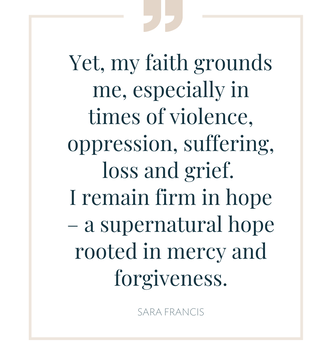 He said he feels fine for several weeks. Then for a week he can barely drag himself out of bed. The depression. The anxiety. This time of year is worse than the dead of winter, at least then he can skate and ski. The warmth and light of summer is exchanged for cooler, darker, shorter days. These destabilizing changes upset familiar routines. Autumn is the toughest time of year for him. I felt sincere gratitude that he put words to his pain. I was so thankful that he reached out. Because, if he hadn’t, I wouldn’t have known how he was feeling and I wouldn’t have known he needed support. Only God saves, however, I can be a source of support pointing toward the light. I want him to know what I wanted my cousin and friend to know, and what I want you to know too: You are loved. You are wanted. You are an irreplaceable gift. The world needs you. Your pain is not a burden. It unlocks compassion in this oftentimes cruel world. You are responsible for your wellness, but I want to be present to you. You are not alone. This too will pass. I’ll stand alongside you until it does. I love you. And God loves you more. October, my eyes used to be unaware of your underbelly. Until the shock. The agony. The confusion. The guilt. The anger. The reflection. The compassion. The remembrance. The magnitude of these feelings that were once foreign but have now become familiar. Lost innocence. No turning back. This is what it means to be human in relationship with other humans. Love has shattered my heart. Yet, my faith grounds me, especially in times of violence, oppression, suffering, loss and grief. I remain firm in hope – a supernatural hope rooted in mercy and forgiveness.
Perhaps you have gone through difficult times and received unhelpful but well-meaning comments. Maybe you just heard yourself say something that didn’t come across as well as you thought it would as you tried to console someone. Watch this video and learn some tips on knowing the right things to say as a personal mini sensitivity training.
As COVID rages on we regularly see TV footage of health care professionals in hospitals. Yet barely visible is a small group of essential caregivers, often volunteers, who provide care for the soul, the Spiritual Care Teams. I recently met some of these caregivers inside the Chinook Regional Hospital (CRH) in Lethbridge. After navigating entrance protocol to rival a military base, I was met by Annella Wehlage, the Roman Catholic Spiritual Care Coordinator. She guided me to her office in a quiet section of the ‘tower’ office block. There I met John Moerman, the Hospital Chaplain, and the Indigenous Wellness Core, comprised of Sylvia Ann Fox/”Singing Alone From Above” (Traditional Wellness Coordinator) and Suzan Heavyshields (Indigenous Hospital Liaison). This small group explained how they work together to provided spiritual care needs to patients, and how COVID has changed what they do. Wehlage has been a volunteer since 2015 following a long career as a nurse. She outlined her daily routine which used to begin with a list of patients who designated a religious affinity on their admittance paperwork. She and the team would discuss a plan and then begin what Moerman referred to with a smile as ‘rounds’, or personal visits to each patient desiring spiritual care. However, COVID has changed all that. Now the imperative to prevent cross-contamination has reduced visitors to just one per patient, usually a family member. A second professional visitor is permitted in certain circumstances, e.g., a legal counsellor or a priest. And a limited number of additional visitors are permitted in end-of-life situations. So now the Spiritual Care Team can only visit a patient when specifically referred by family or nursing staff, or in an end-of-life situation. Wehlage is saddened by the loss of her four-person team of volunteer Eucharistic ministers who used to faithfully help her to bring the Eucharist to everyone who wanted it. Now Wehlage’s main responsibility is arranging for a priest to visit when requested. This she does with the help of a weekly roster and an ‘on-call’ list for weekends and evenings. There is always a priest available 24/7. The six priests on the list work tirelessly to bring the Sacrament of the Sick and the Sacrament of Reconciliation to patients, sometimes visiting the same person more than once. Their presence in the hospital is a blessing for more than just the patients. Not infrequently, a family member will also ask for a sacrament. The day I visited, Wehlage paused at a coffee kiosk in the hospital atrium where the barista told her how gratifying it was for her to simply see a parish priest walk by because her shift schedule made it impossible to attend Mass. Another uplifting aspect of Spiritual Care at CRH is how First Nation’s spirituality is often combined with Catholicism, for First Nations patients. Team member Fox explained, “Some people, their parents were strong Catholics and their grandparents were strong in our traditional ways.” So team members offer both forms of religious care concurrently. Moerman added, “That’s how God created us, with a traditional background, a family background, a cultural background, all together.” The CRH Spiritual Care Team and the Indigenous Wellness Core are clearly cohesive. “We’re friends outside of work”, Wehlage said, “We support one another.” They also work together to accomplish some extraordinary feats. Fox told of one gravely sick man whose wedding plans were interrupted by his illness. When she visited she found his fiancée present. She asked if there was anything she might help them with and they answered, “We’d like to get married this afternoon!” Fox and Wehlage executed a frenzy of arrangements from legal paperwork, securing a priest and arranging a special exemption for two family witnesses. Then they peeked in from the hallway to watch two people realize a dream that COVID couldn’t take from them. More commonly the teams deal with end-of-life situations. “Sometimes if patients get a difficult diagnosis nurses will request a spiritual care visit,” Wehlage said. She also makes a point of accompanying the priest in cases where the Sacrament of the Sick is administered, especially if it was requested by family members who aren’t permitted to visit due to COVID restrictions. “If a patient sees a priest arrive unannounced at their bedside, they may get scared,” Wehlage said. The teams have many times sat with a person during their final hours. Fox explained softly, “Nobody wants to be alone when they’re going.” When asked how else COVID has changed their work, the teams agreed that the hospital was much quieter with fewer visitors. That makes the teams’ work more important than ever. “Patient care can’t be done from home,” Moerman said. He added, “I don’t treat a patient with COVID any differently.” Nevertheless, additional precautions are necessary both at work and when returning home. Moerman said, “Early on I had a knot in my stomach, especially as my wife was baby-sitting our grandkids at home. I would put my clothes in the laundry as soon as I got home. I still do.” He admitted to turning off the news some days as well, “You have to limit COVID news or the fear can rise in you.” Wehlage spoke of baking as a stress-reliever and Fox had taken up traditional beading and making moccasins. Asked if they have a message for the readers of Faithfully, the teams had excellent suggestions. “Follow best practices, listen to the advice of professionals so we don’t overwhelm the 14-bed ICU at our hospital.” “If you know of somebody who’s Catholic and in hospital, notify their parish priest because the person might not have been at church for some time and their family might be too distracted to think of it.” “Check in with your extended family, just to talk, a wellness check.” It’s obvious that, both on and off the job, caring is deeply engrained in the nature of spiritual caregivers. Let us remember and pray for them in a special way this month.
Resources
"The celebration of the XXIX World Day of the Sick on 11 February 2021, the liturgical memorial of the Blessed Virgin Mary of Lourdes, is an opportunity to devote special attention to the sick and to those who provide them with assistance and care both in healthcare institutions and within families and communities. We think in particular of those who have suffered, and continue to suffer, the effects of the worldwide coronavirus pandemic." ~ Pope Francis. The theme of this year’s message is “You have but one teacher and you are all brothers" (Mt 23:8), which encourages a trust-based relationship with the sick and the nurturing of integral human healing. Please find here some resources for the World Day of the Sick (Feb. 11) this year:
Medical Assistance in Dying (MAiD) We would also like to direct your attention to the updated Bill C-7 webpage, and ask that you continue to pray and voice your concern on MAiD. "May our Lord both inspire and bring to accomplishment our efforts to embrace and protect the suffering and vulnerable, and to honour and uphold our rights and freedoms." ~ AB & NWT Bishops See webpage
“It’s like getting a hug from God!” That’s how Sharon Hagel describes the experience of receiving a hand-knitted ‘prayer shawl’. These beautiful wraps aren’t simply warm they are also imbued with prayers for the comfort and assistance of whoever ends up wrapped in their folds. So whether the recipient is a grieving widow or a sick child, they get a card explaining how they were prayed for and how God is an ever-present help in times of trouble. Hagel and a dedicated group of knitters have been meeting at the Martha Retreat Centre in Lethbridge for longer than Hagel can remember. For two hours, over six to ten weeks, they knit, pray and converse. Even when Covid restrictions limited the size of the group, they welcomed new members to this ecumenical endeavour. Hagel says, “We’re all there for the same purpose, to support the needy.” During the group’s biannual sessions many prayer shawls are completed because participants often work on knitting at home too. For Hagel it has become a regular part of her prayer life. “I sit with the Lord and I knit,” she says. “I say, OK Lord, whoever this is for, be with this person.” Many hundreds of wraps later, Hagel and the informal group of knitters continue to offer a tangible sign of God’s love to those in need of a loving embrace. A key pillar of the diocesan I Am Blessed campaign is to act decisively in aid of the needy. While most Catholics do this sporadically, a few go above and beyond. Recently, I spoke with two such women in Lethbridge who have quietly spent decades helping others by sharing their talent for knitting and crocheting. As I spoke with Sharon and Jenny, I was moved to consider how I might use my own modest talents in a pro-active way, not simply to amuse myself and my friends, but to further the coming of God’s kingdom on earth. I hope these stories might inspire others too. For over 15 years, Jenny Feher has been crocheting afghans for residents of long-term care homes. “It began when Fr. Ed Flanagan mentioned there was a need in the hospital,” Feher says. “I stopped for a while but then, after my husband died, Fr. Wilbert Chin Jon suggested I might start again. The need was still there.” Feher, a lively member of All Saints Parish in Lethbridge, prefers to work on her craft while watching TV. “If I wasn’t doing this I’d go bonkers,” she says with a laugh, “I don’t sit there feeling sorry for myself, I’m too busy counting!” Feher’s practical ministry has produced scores of colourful lap blankets over the years. Most are distributed over the Christmas season with a message of love and hope for the recipients. Visitors to local care homes can testify to how many of these striped treasures endure, and are seen tucked into wheelchairs or across bed covers. Grateful family members sometimes send thanks to the parish, never knowing who made the gift which warms their loved one. Feher is matter-of-fact about her outreach. “Everybody’s got their talents,” she says humbly while crocheting on.
Catholics across the Diocese of Calgary are looking for ways to de-stress from the distress. Adjusting to the new normal foisted on the global community by COVID-19, a disease that didn’t even have a name just weeks ago, thousands are live-streaming daily and Sunday masses. Others turn to traditional Catholic prayers like the rosary and Divine Mercy chaplet, seeking grace for the dead, the sick, their families and caregivers. Sr. Donna Marie Perry, FCJ, knows the news is bad. But the Calgary-based social worker and psychotherapist wants people to remember that the steps we take to stay “physically healthy should also include a focus on our mental and spiritual well-being.” That earns a quick nod from Dr. Peter Doherty, an associate professor of psychology and family studies at St. Mary’s University in Calgary. Dr. Doherty, whose work focuses on the integration of psychology and spirituality, agrees people should take mental health issues seriously in times of crisis. Mental health matters Sr. Perry is the clinical director of Insight Counselling and Therapy Centre. This not-for-profit offers long-term counselling at sliding rates as low as $5 a visit. Insight delivers care through practicum students supervised by Sr. Perry. All of the students are finishing master of counselling programs with various universities. The organization is one of the community-based organizations that benefits from Together in Action, an annual fundraising campaign by the Roman Catholic Diocese of Calgary. Given the imperatives of “social distancing” during the pandemic, Insight’s students currently offer support via phone. Sr. Perry herself lives in a seniors’ residence with strict pandemic protocols. With St. Mary’s University shuttered, Dr. Doherty is also staying close to home. They offered readers of Faithfully some ideas about how to make mental health a priority in trying times. Stay informed. Make healthy choices. “Fear is a healthy response to the situation, and it makes sense to stay informed. But let’s be smart about how much news we watch and read,” says Sr. Perry. She recommends people listen to morning updates and check in again in the afternoon or evening. A 24-hour news cycle includes a lot of recycled information and “when you’re hearing the same news all the time that increases stress,” says Sr. Perry. Hoarding items as basic as toilet paper shows “an emotional response to the crisis that doesn’t make rational sense,” adds Dr. Doherty. He also shakes his head when he sees examples of people not following recommendations for safe social interaction. One of the healthiest ideas he’s seen to date suggests people “not act as if you’re afraid of getting the virus. Instead, act as if you are trying to protect other people from getting it. The best information we have says most people who get this virus will survive. But we need to protect those who are vulnerable.” People who follow that advice should take mental comfort in knowing they are doing the right thing, says Dr. Doherty. Strengthen family ties. The social distancing protocols recommended by public health officials isolate family units. Sr. Perry’s urges families to use the time to your family’s advantage. Play games. Share meals. Go for walks where you can be 2 m from other people. If you have a backyard, use it. Reach out. “It’s like we are disconnected, together,” says Dr. Doherty. Since our own mental health benefits when we interact with others, this is a good time to phone, text, email, FaceTime or Skype with people we haven’t heard from in a while, “especially if we know people who might be alone.” This is also a good time to reach out to people whom we’ve hurt and vice versa. The words, “I forgive you,” are a way to free ourselves from the heavy, energy-sapping emotional burdens we carry when we haven’t let go of real or imagined hurts, says Dr. Doherty. This kind of pain bleeds into how we interact with others and how we handle strife. “It can keep us from handling unrelated situations well.” Pray. Pray together. Dr. Doherty encourages people of faith to use prayer as a conduit to deeper conversion. When we pray for the isolated, for those who’ve lost jobs and for people on the front lines of health care, prayer becomes a way to reach past ourselves to Christ, says Dr. Doherty. This can be helpful for people who grieve the fact that they cannot attend mass to receive the Eucharist. Family prayer is also helpful, says Sr. Perry. Praying for others teaches children that prayer is a way of helping others—and it reminds adults of the same thing. “It’s really important not to get caught up in ‘self’ and to keep looking outward,” says Sr. Perry. “Prayer can be very relaxing, too,” notes Sr. Perry. Following the Jesuit tradition of her charism, she uses her evening prayers “to look back on the day, to think about what went well and what didn’t go as well and to give thanks to God for the day.” She’s added more Hail Marys to her day by reciting that prayer while she lathers her soapy hands for the requisite 20 seconds (as recommended by public health), prior to rinsing off the soap with water. Sr. Perry says the Hail Mary is a good replacement for singing the ABCs or Happy Birthday songs. Listen. Talk. Be kind. People manage stress differently. If you see more anger than you’re used to, remember that unresolved fear may be expressed as anger, explains Sr. Perry. She encourages parents to listen when their kids talk about their fears. Be open to their questions and offer age-appropriate responses. “Let them know that you don’t know everything, but you will figure it out together.” Also, remember that children internalize messages from the external world and believe that everything that happens relates to them. It’s a matter of maturity, not selfishness, says Sr. Perry. “Children internalize information to make sense of their environment with limited experience. They use that information to make decisions about themselves and the world. They build what we call a script, and we live out of those childhood beliefs.” Laugh often. Love much. With so much doom and gloom, Sr. Perry suggests people who are feeling sad work some comedy into their screen time. She and Dr. Doherty admit they are especially worried about individuals and families who did not go into the current pandemic in strong mental health. “Not all families are healthy,” says Sr. Perry. She urges people who see others struggling to reach out with kindness. Where appropriate, you can also recommend they access support from community-based organizations. ===== Calgary Distress Centre Helpline: 403-266-HELP (4357) Written by Joy Gregory for Faithfully
Photo: Lightstock The 28th World Day of the Sick was celebrated on February 11, 2020. Saint John Paul II initiated the World Day of the Sick to encourage the faithful to pray for those who suffer from illnesses and for those who care for and minister to them. February 11 is also the Optional Memorial for Our Lady of Lourdes. In 1858, the Blessed Virgin Mary appeared many times to St. Bernadette in the hollow of the rock at Lourdes. Since then, there have been many miraculous cures and conversions attributed to the intercession of the Blessed Virgin Mary at Lourdes. The Roman Catholic Church has a long history of founding and engaging in the provision of healthcare rooted in a faithful response to the Gospel call. “After this the Lord appointed seventy others … Whenever you enter a town and its people welcome you, eat what is set before you; cure the sick who are there, and say to them, ‘The kingdom of God has come near to you.’” (Luke 10: 1, 8-9.) The Catechism of the Catholic Church (CCC) reiterates this call and says, "Heal the sick!" The Church has received this charge from the Lord and strives to carry it out by taking care of the sick as well as by accompanying them with her prayer of intercession. She believes in the life-giving presence of Christ, the physician of souls and bodies.” (CCC, 1509.) The Pastoral Letter for Catholic Health Care issued by the Canadian Conference of Catholic Bishops offers eight guiding principles:
Throughout Canada’s history, many women and men, clergy, religious and lay, have dedicated themselves to living out these principles by providing medical and spiritual care for the sick. In Alberta, communities of religious women founded the provincial hospital system and delivered quality healthcare with a preferential option for the poor. The first hospital in this province was established in 1863 by the Sisters of Charity (Grey Nuns) in St. Albert. The founding of the hospitals spread from this beginning and fostered the hospital system we enjoy today. We are all indebted to this rich legacy of faith, fortitude, perseverance and care of the sick. Pope Francis’ Message for the World Day of the Sick, “Come to me, all you who labour and are burdened, and I will give you rest” (Mt 11:28), offers comfort to the sick saying “brothers and sisters who are ill, your sickness makes you in a particular way one of those “who labour and are burdened”, and thus attract the eyes and heart of Jesus. In him, you will find light to brighten your darkest moments and hope to soothe your distress.” Pope Francis also offers timely encouragement to healthcare providers, “may you always strive to promote the dignity and life of each person, and reject any compromise in the direction of euthanasia, assisted suicide or suppression of life, even in the case of terminal illness. I echo Pope Francis’ message and encourage healthcare providers “to be consistent with your “yes” to life and to the human person. Your professionalism, sustained by Christian charity, will be the best service you can offer for the safeguarding of the truest human right, the right to life.” My hope is that our society – and each of us – will better recognize the profound human-ness of the tremendously important phase of life that we know as ‘end of life’ or palliative. It might seem to be normal to fear this time, and perhaps to seek to avoid the experience of living when dying is inevitable due to an illness. While we understand as compassionate humans the natural grief and concern that accompanies the possibility of dying, there are other ways to experience it – and I have seen these other ways in countless individuals. Those people have taught me that the time prior to their natural deaths can be a time of growth, of healing of relationships, of seeking and giving forgiveness, of preparation of hearts and souls for meeting their God, of internal reflection and openness, of teaching those around them through their example, even a time of profound peace and joy, and certainly a time of giving love unreservedly, and of accepting loving care from others while vulnerable and frail. Society’s response to suffering is to enact a law that allows physicians and nurse practitioners to deliberately end a person’s life through the provision of chemicals that are specifically meant to cause death. But suffering - whether physical, mental or emotional - can and should be a trigger for our spiritual and human selves to respond differently based on compassion. All of us can protect and support those who are particularly vulnerable and who might otherwise choose assisted death as a way to stop their suffering because they cannot access society’s resources due to their vulnerability. We should not be afraid to support conscience rights for people in medical professions. We want people who are engaged in challenging health care tasks to be able to honour moral commitments for at least two reasons: a) so that they are not morally harmed by being forced to do things against their conscience; and b) so that they can do their best work for all the people they care for, by being whole to the deepest parts of their beings. Since conscience rights are not absolute rights that prevail in all circumstances, supporting conscience rights can be done without impairing patient access to needed services. Those of us who are able to, have a duty to advocate with decision-makers to minimize the harms of assisted death and to reject the further expansion of the criteria for assisted death eligibility. We must do what we can to promote widespread availability of expert end of life care. The focus of this care is to reduce suffering from symptoms and also to assist people to live as well as they can as they approach the end of their natural lives. Palliative, end of life care has been so positive and helpful for so many people and simply should be universally available. The very human act of dying and of preparing for death while we live demands a response that does not seek first to snuff out life, but rather that brings out our love for each other and communal support while we acknowledge the human conditions of frailty, vulnerability, uncertainty and eternal Hope. Written by Dr. Eric Wasylenko, a palliative care physician and clinical ethicist. The Bishop’s of Alberta and Northwest Territories have written a pastoral letter on the proposed expansion of Medical Assistance in Dying (MAiD). They encourage Catholics to write a letter to their members of parliament to share their opposition to euthanasia/assisted suicide.
“Pilgrimage, Sanctuary and Peace in the Parks”: A research snapshot and public talk on parks and nature at the end of life. We all feel it – whether looking outside, in a field, at a beach, or on a mountain – nature gives us perspective about life and death. There is growing evidence of how natural environments impact our physical, mental and spiritual well-being. Little is known, however, about the place of parks and nature at the end of life, or the impact of parks and nature on quality of life during palliative care or in grief and loss…until now! A recent 2018 study discovered that experiencing “Peace in the Parks” was an opportunity for: Personal Exploration, Social Discovery and Institutional Transformation. Despite the challenges to get to parks and natural places, it was always “worth it.” Even brief opportunities were an opportunity to “park palliative care”, and to have sanctuary from the stream of appointments and persistent identity as a “dying patient” or “caregiver.” Research participants shared, “here [in the park] we can just be ourselves”. The experiences were both calming and energizing – providing patients and family members a sense of their strength and the courage to take other journeys they had been previously cautious about undertaking. Everyone can make the connection with nature. Ultimately there is value in even parking or sitting in areas with views of nature or short walks or strolls with a stretcher or adaptive equipment. Access does take planning, information and communication, and the research team discovered that supporting access to parks and nature for those in palliative care and caregivers is not a call for a new program per se, but rather an invitation, and a mindset that can be influenced by training, information and coordination of services. Further program and study is underway now to extend and expand the discoveries made – the pilgrimage and the pursuit of sanctuary continues. By Dr. Sonya Jakubec
======= To learn more about Parks & Nature at the End of Life, to hear the stories and to be inspired by the pilgrimage of palliative patients and caregivers to Alberta Parks, join Dr. Sonya Jakubec (MRU) and co-researcher Jennell Rempel (Alberta Parks) for a free public talk and short documentary film screening with the Calgary Public Library on Thursday Jan 23, 2020 from noon to 1:30 pm at the Central Library’s Patricia A. Whelan Performance Hall. |
Author
Catholic Pastoral Centre Staff and Guest Writers Archives
July 2024
Categories
All
|
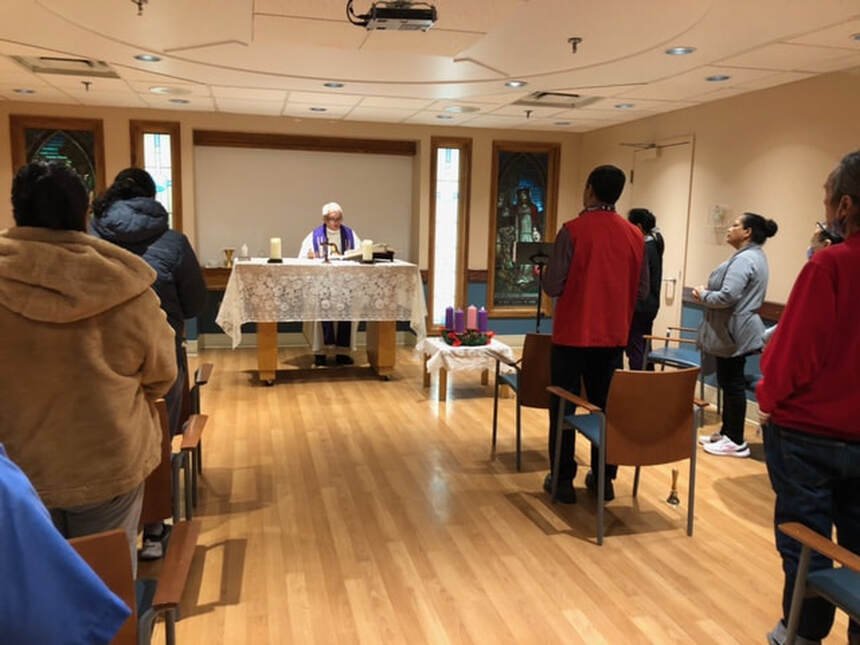
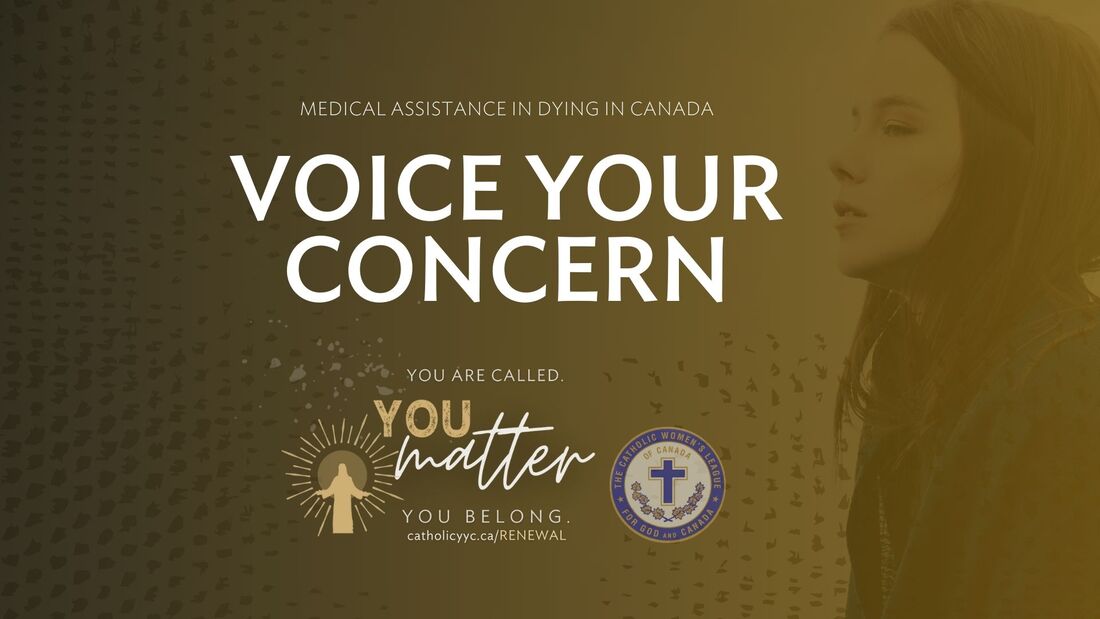


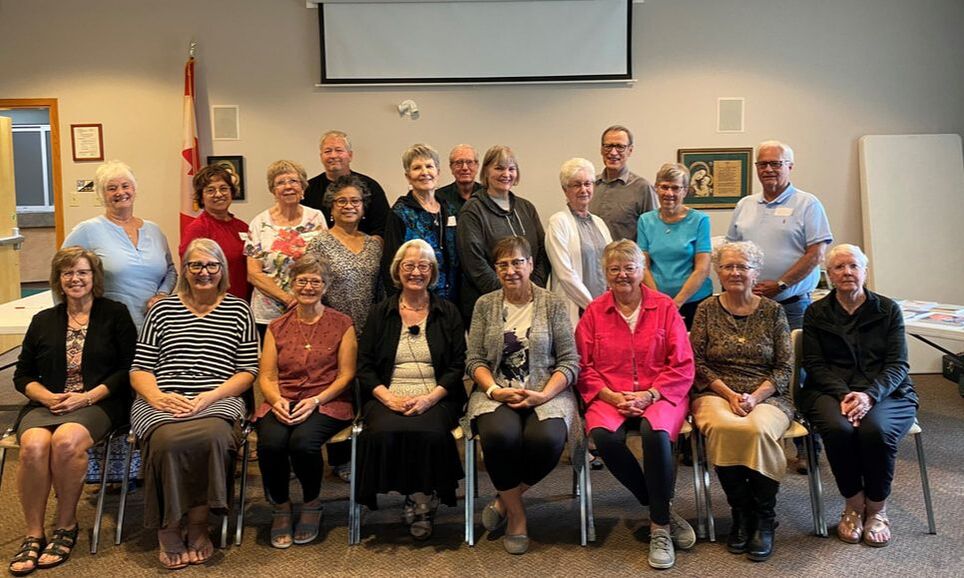
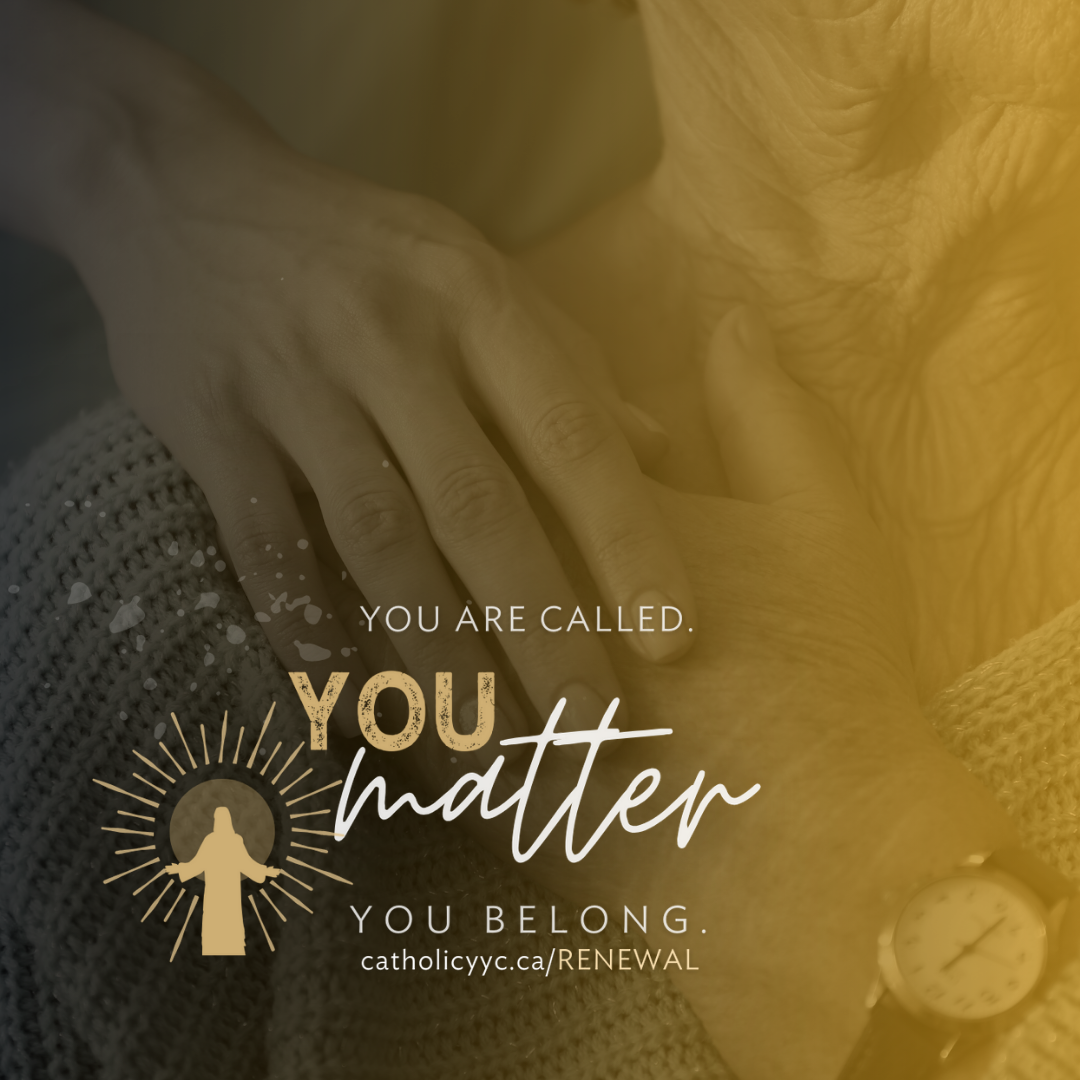
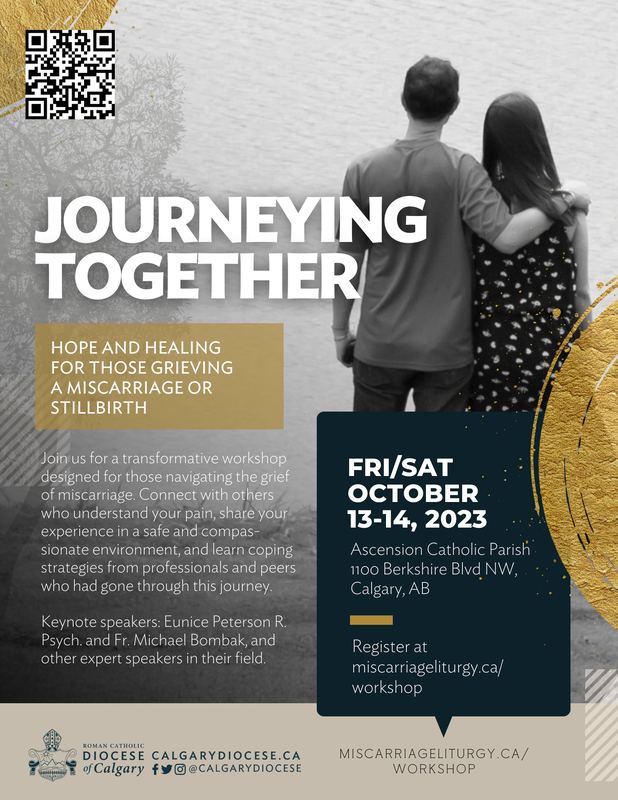
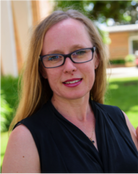
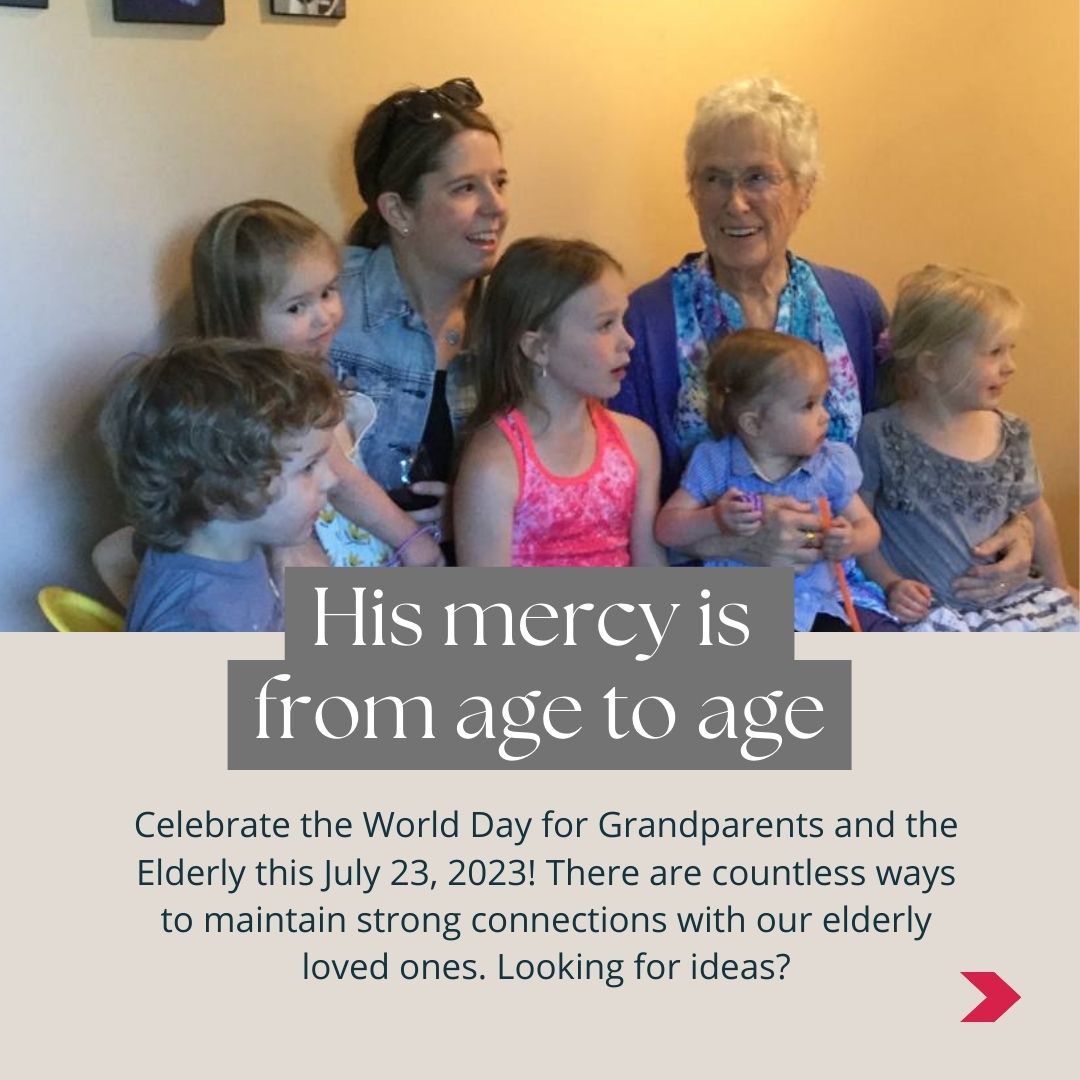
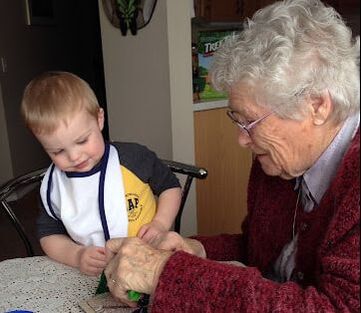
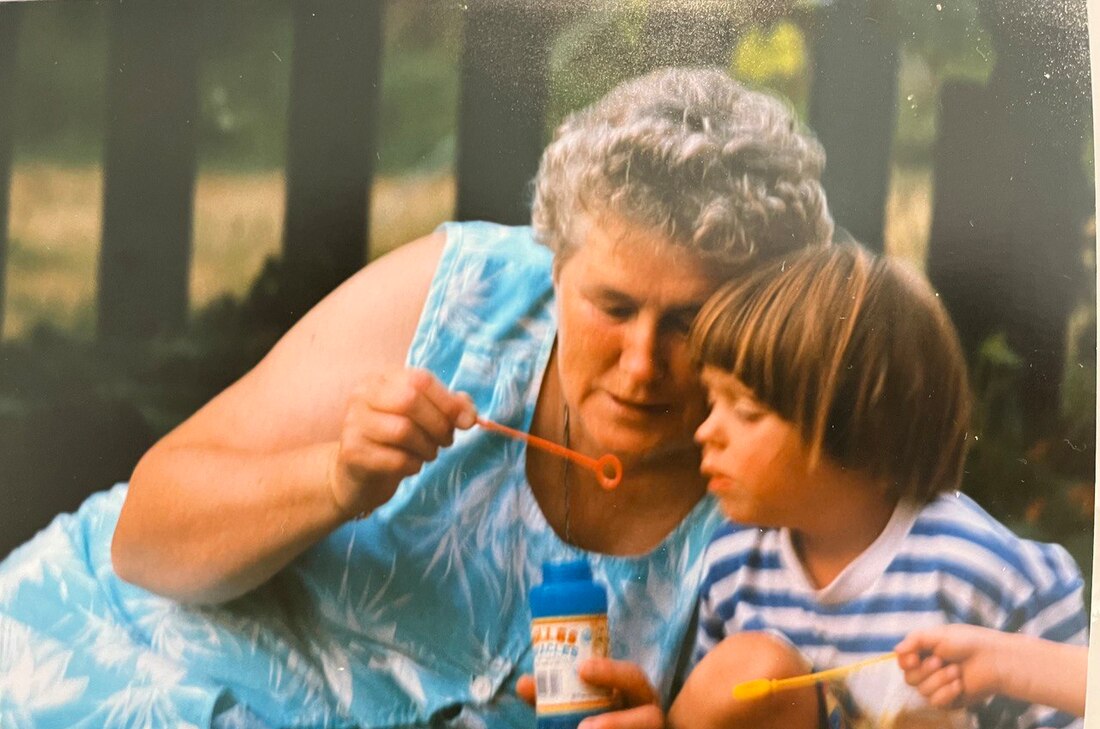
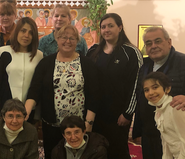
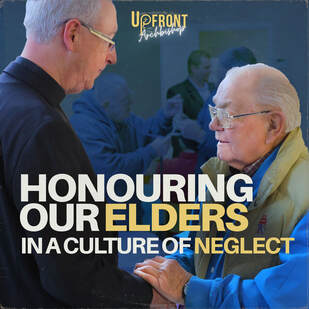
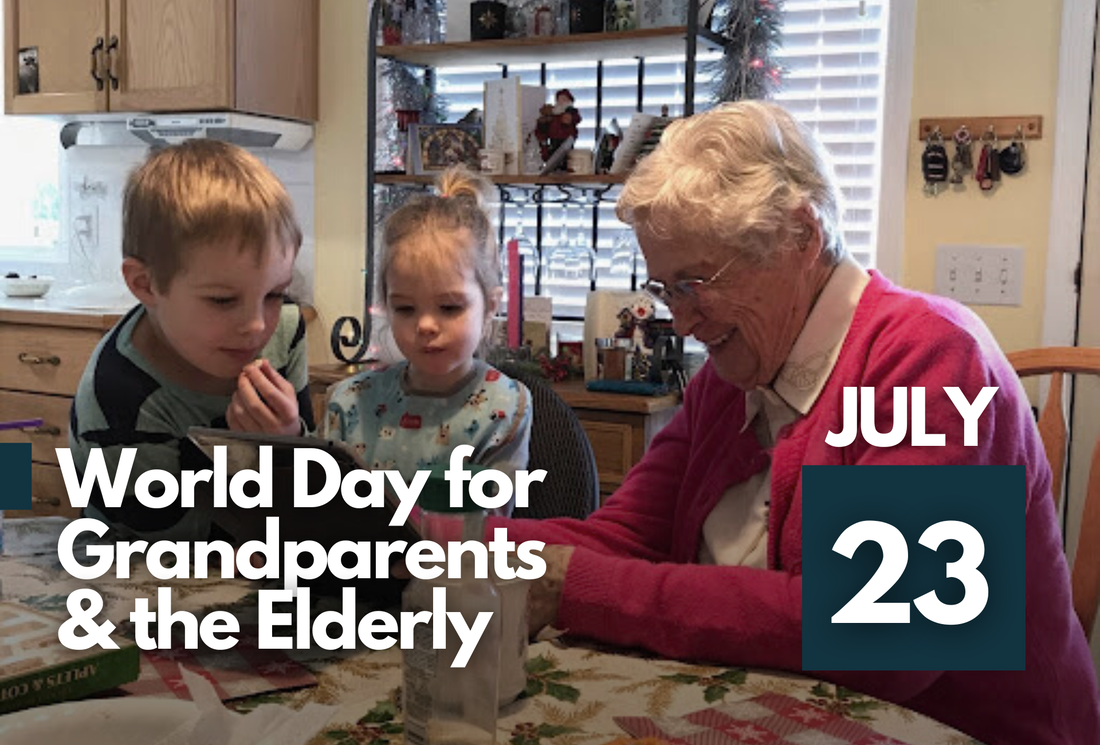
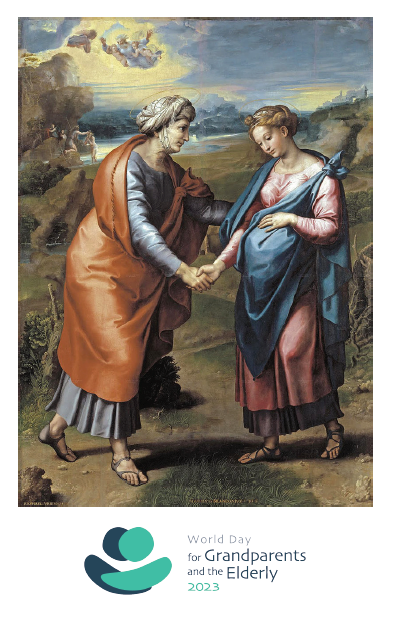

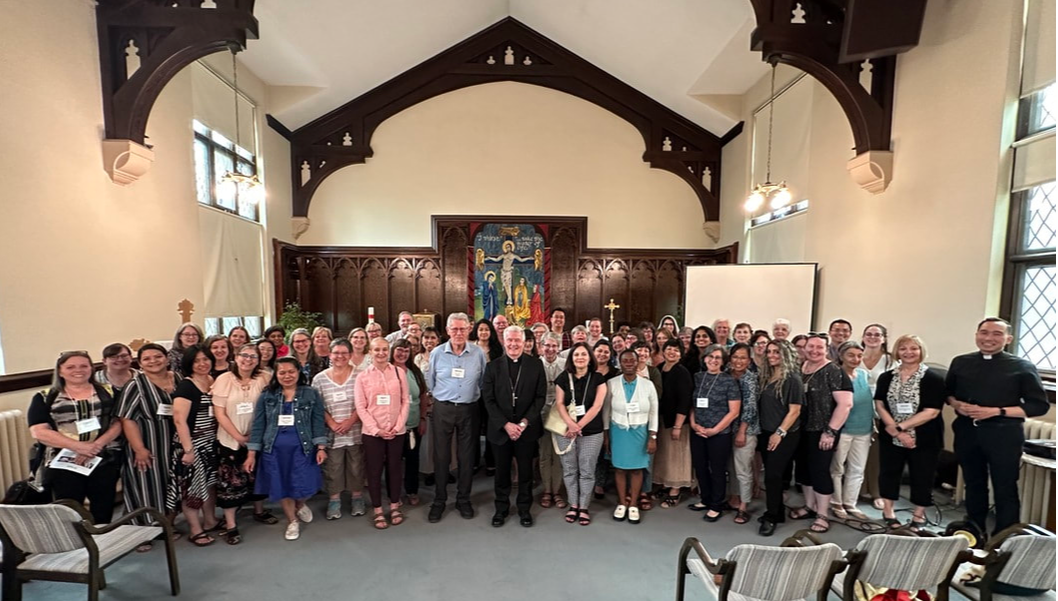
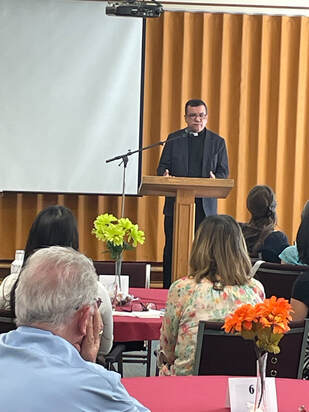
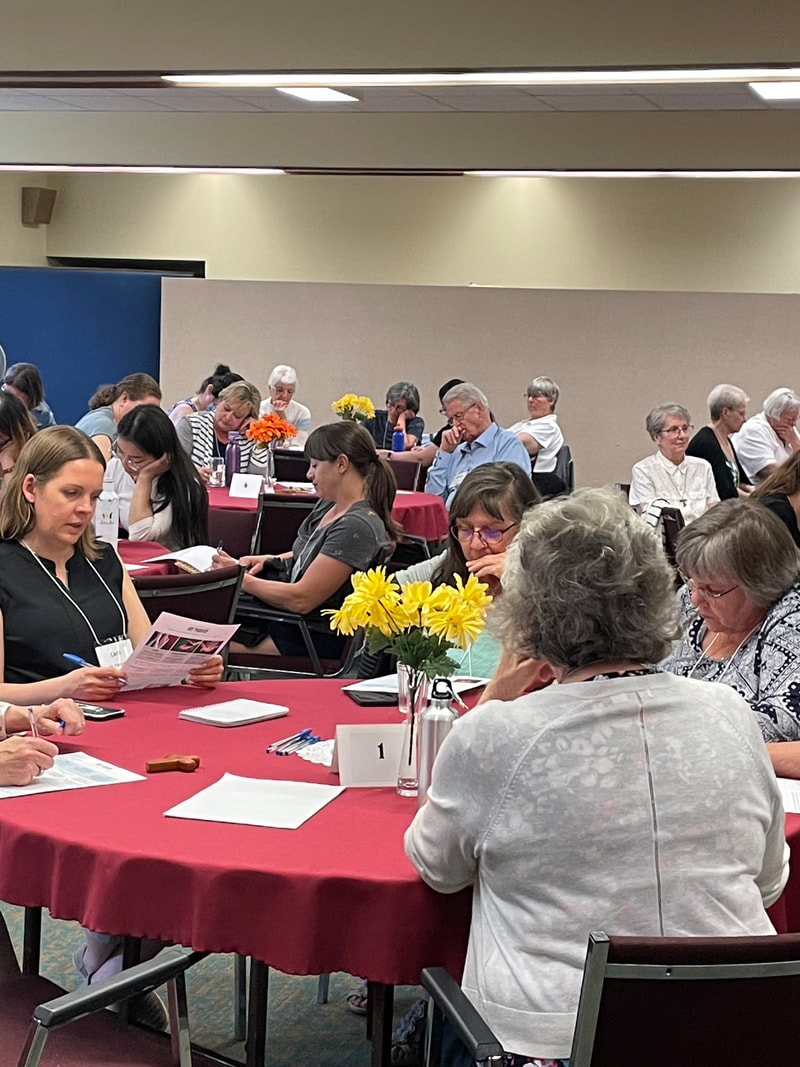
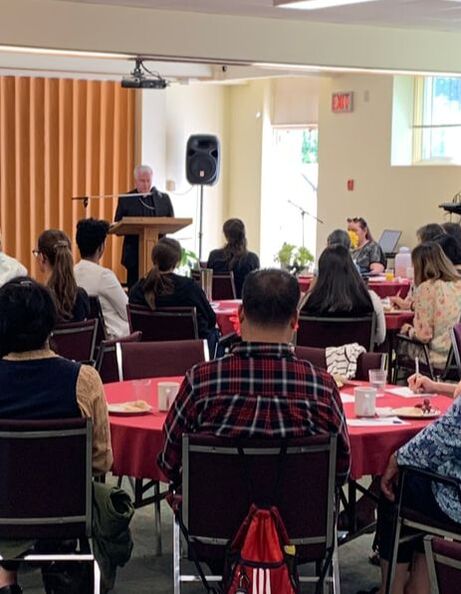
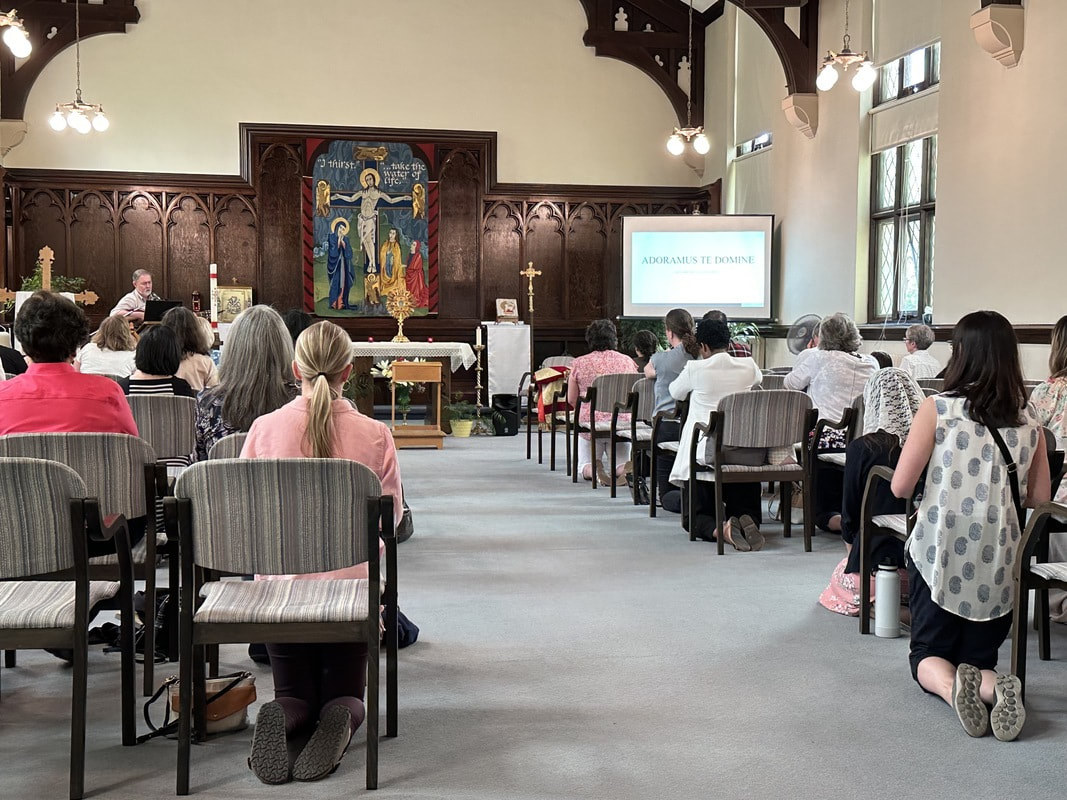
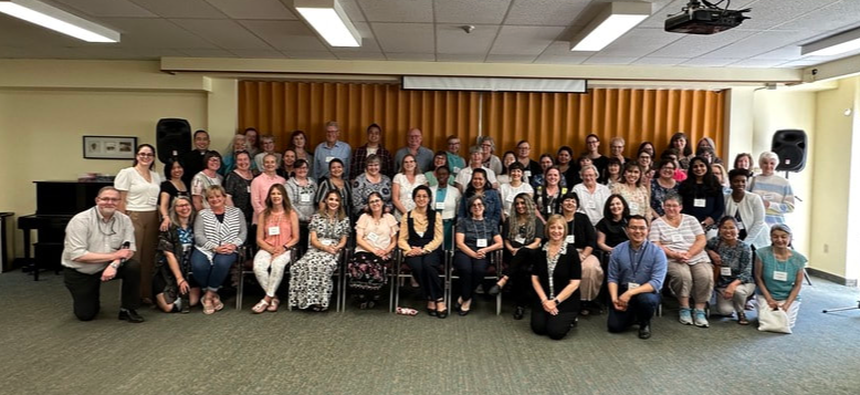
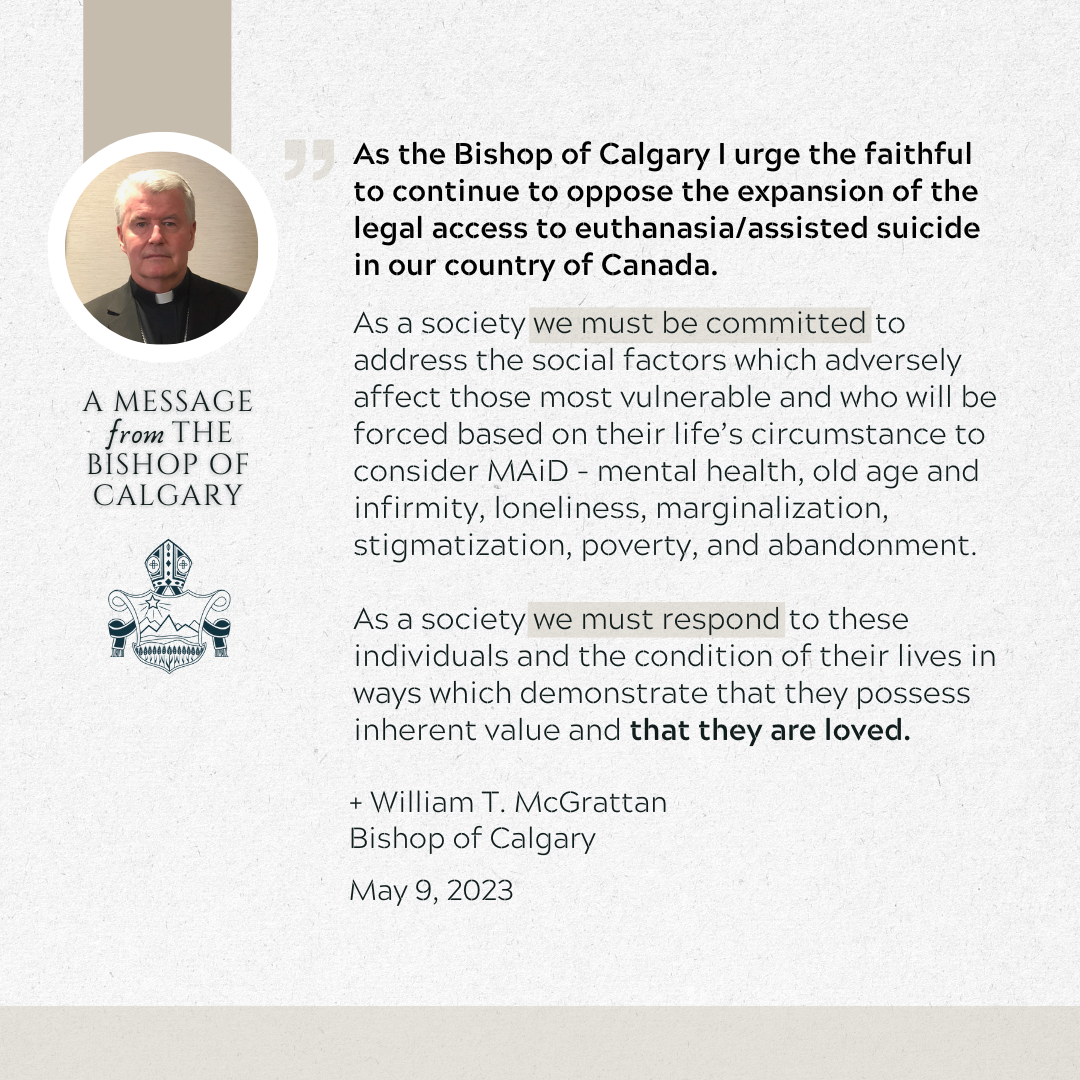
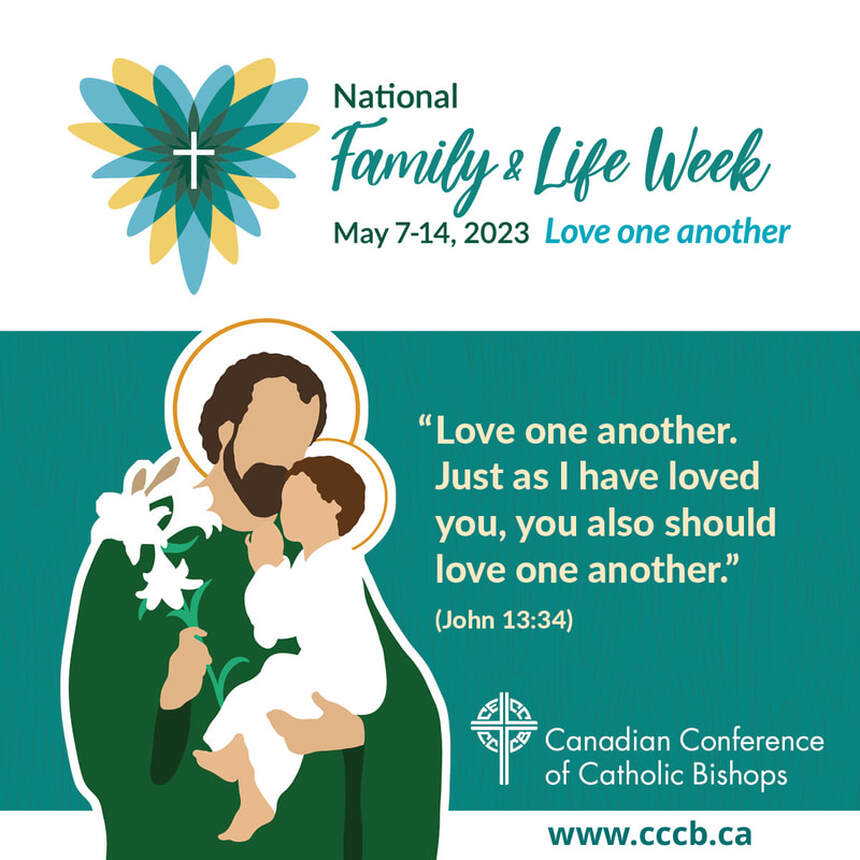

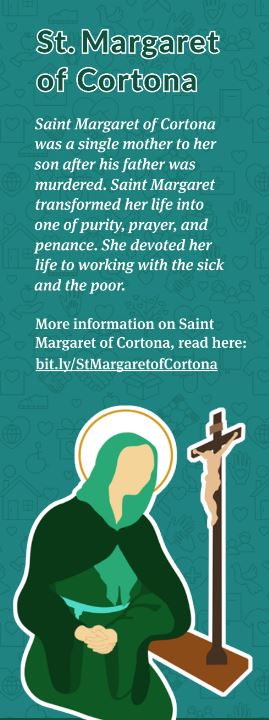

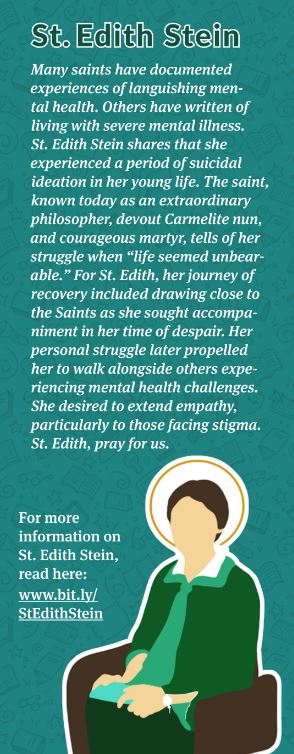




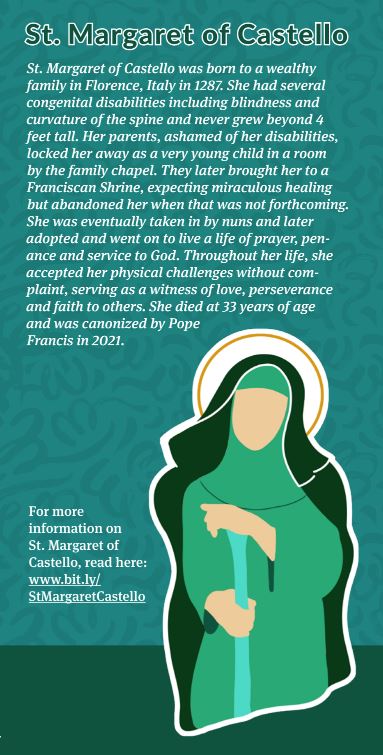

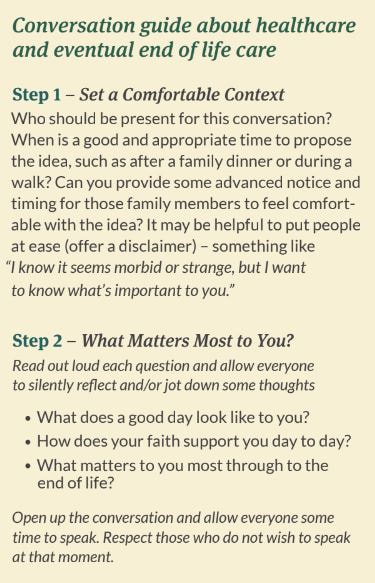
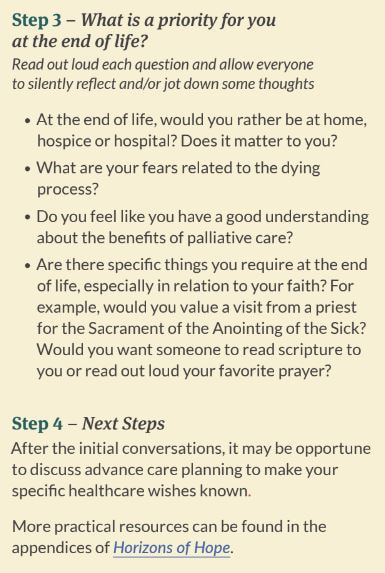
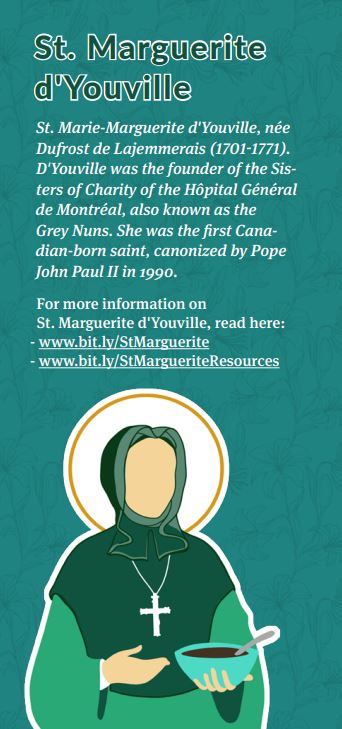

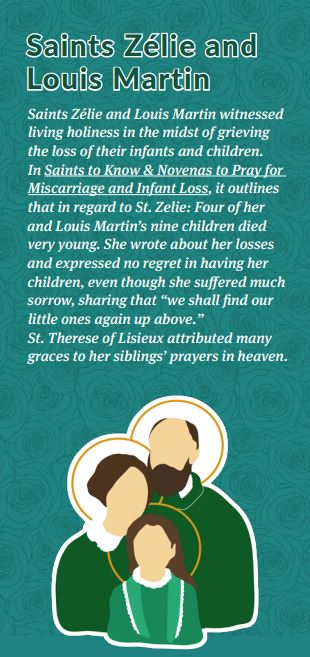
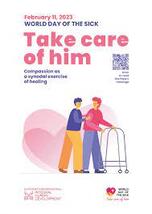
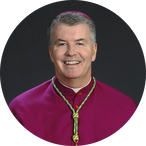

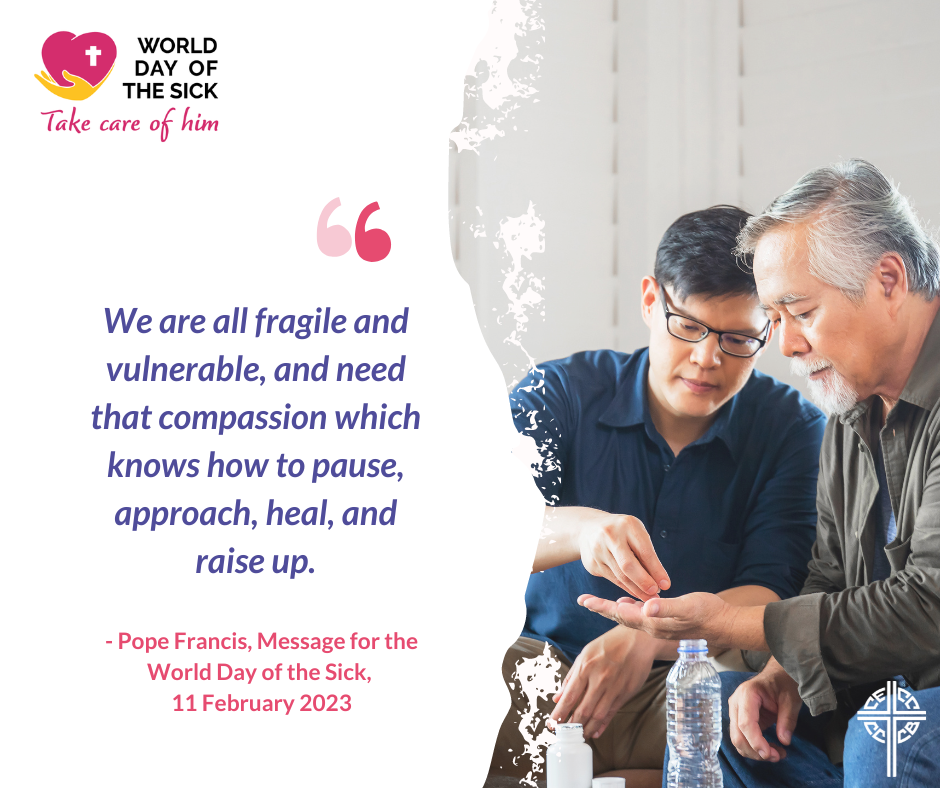
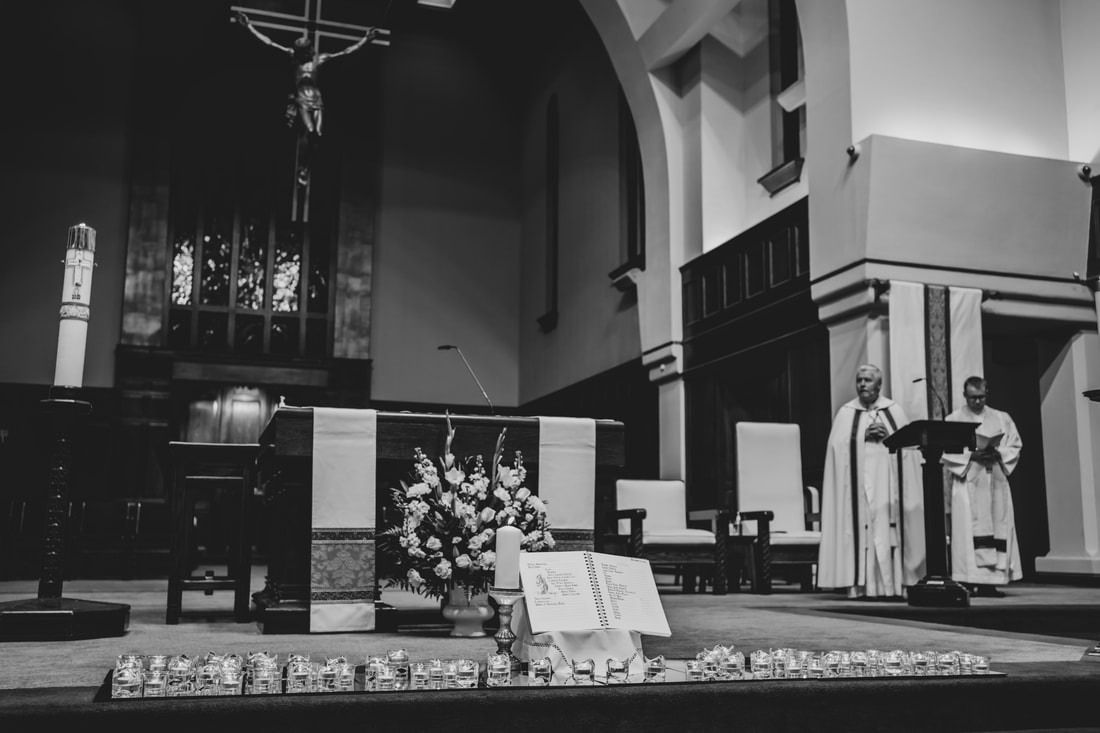
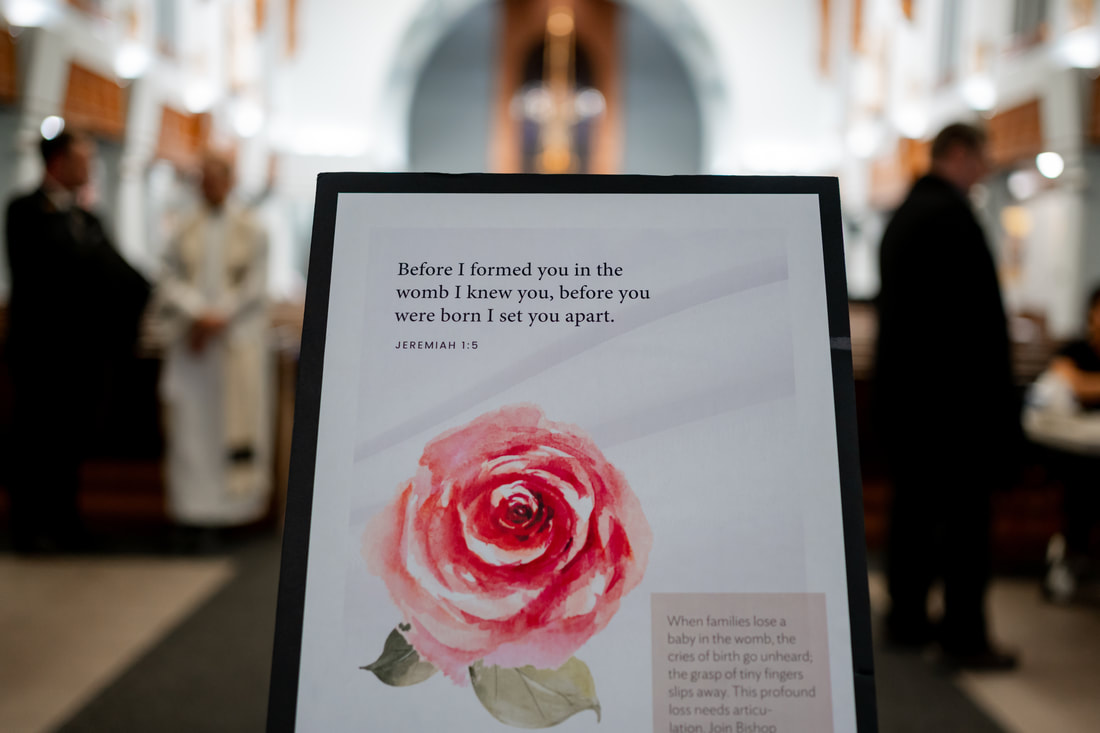
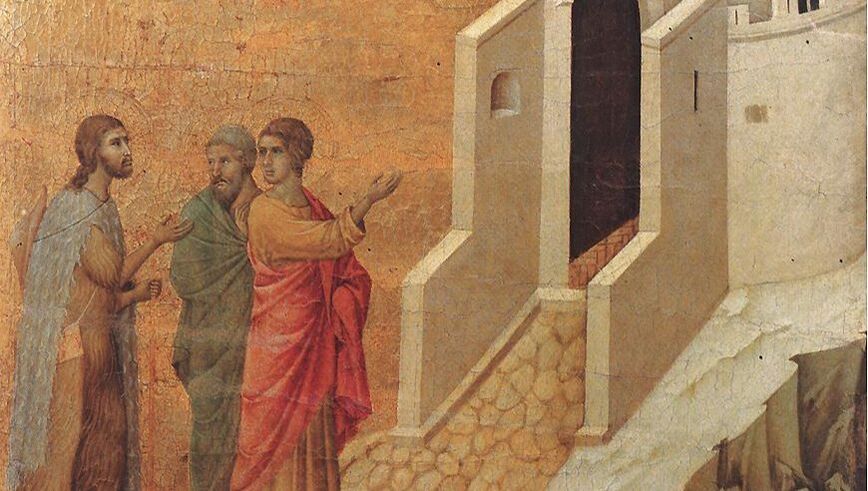
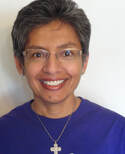

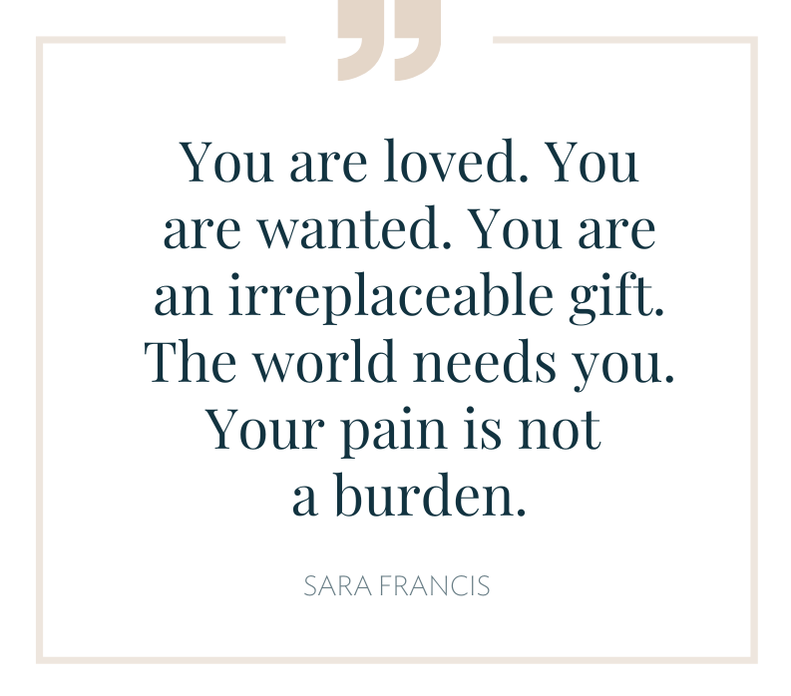
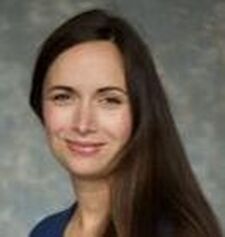
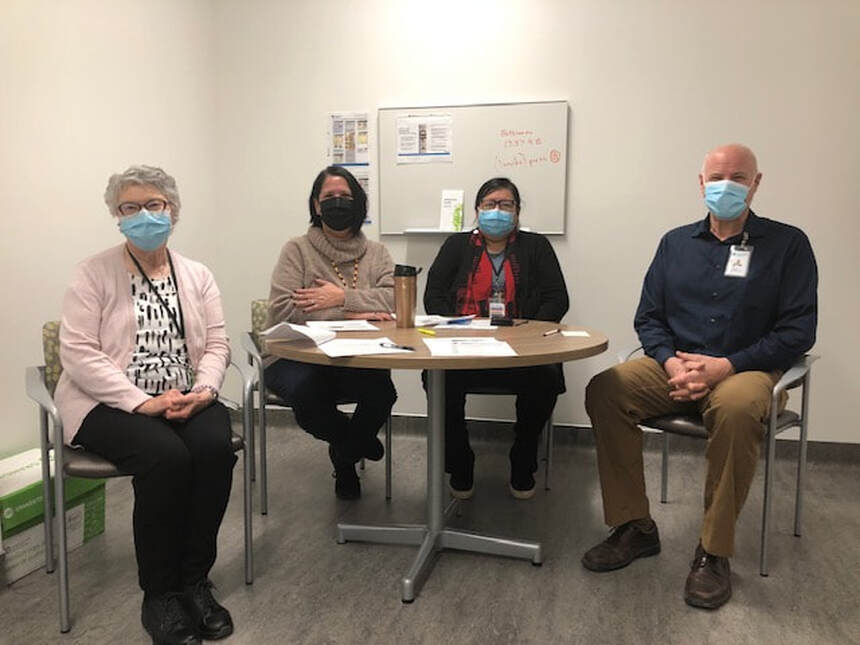
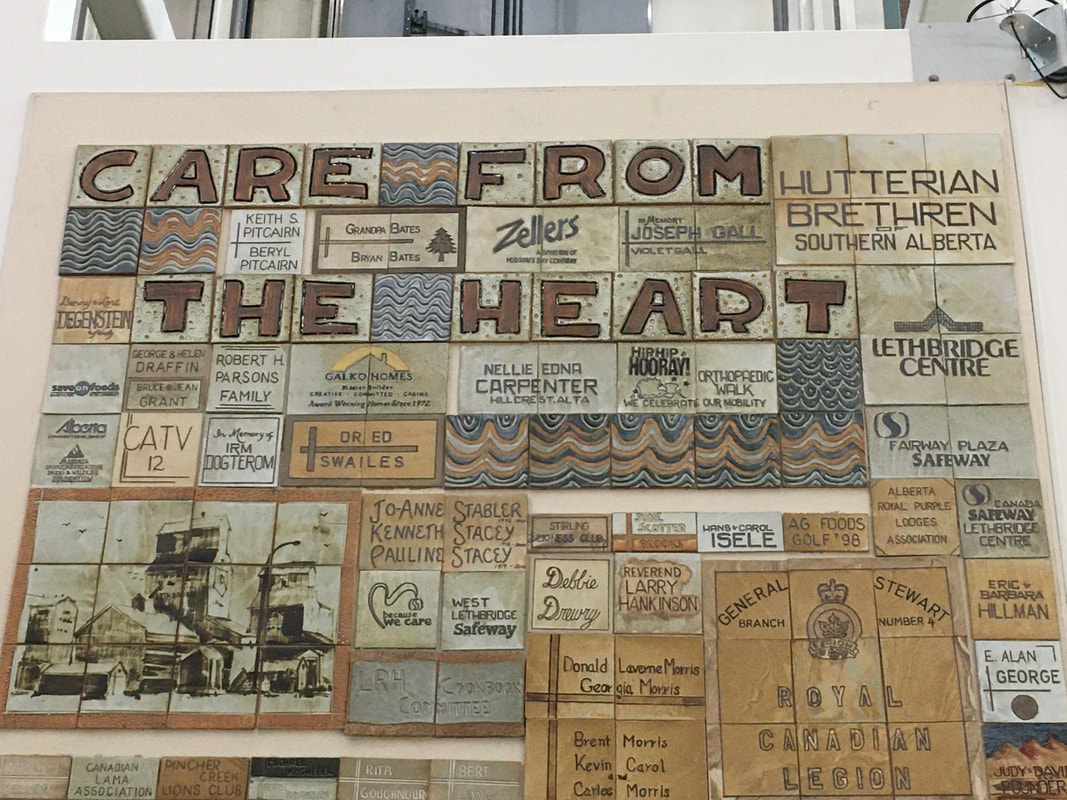
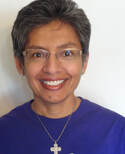
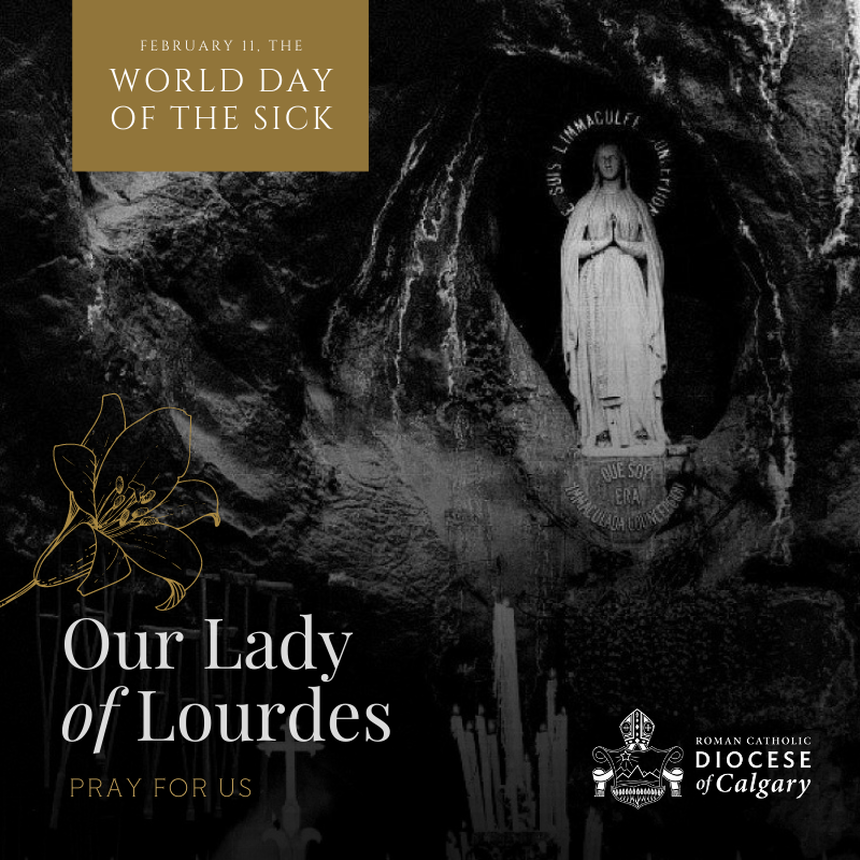
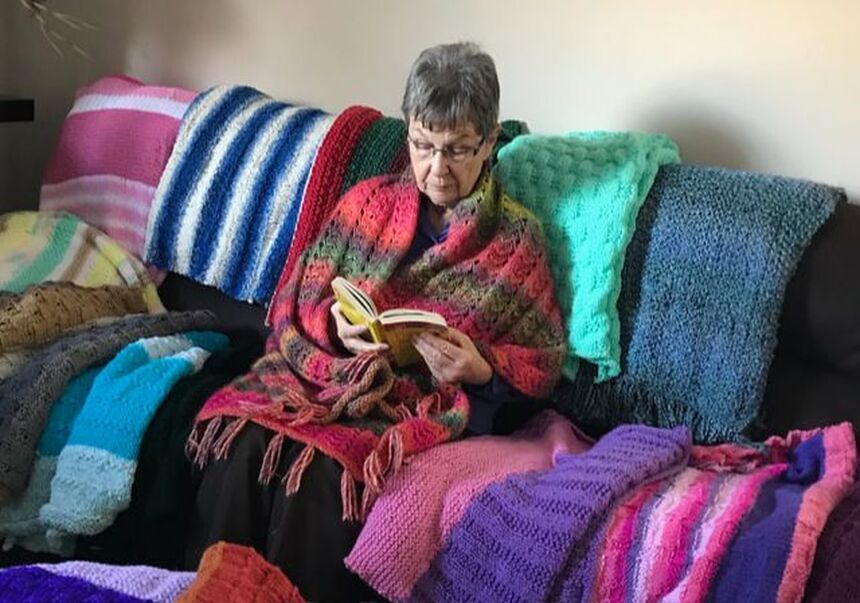
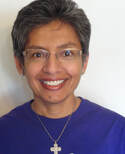

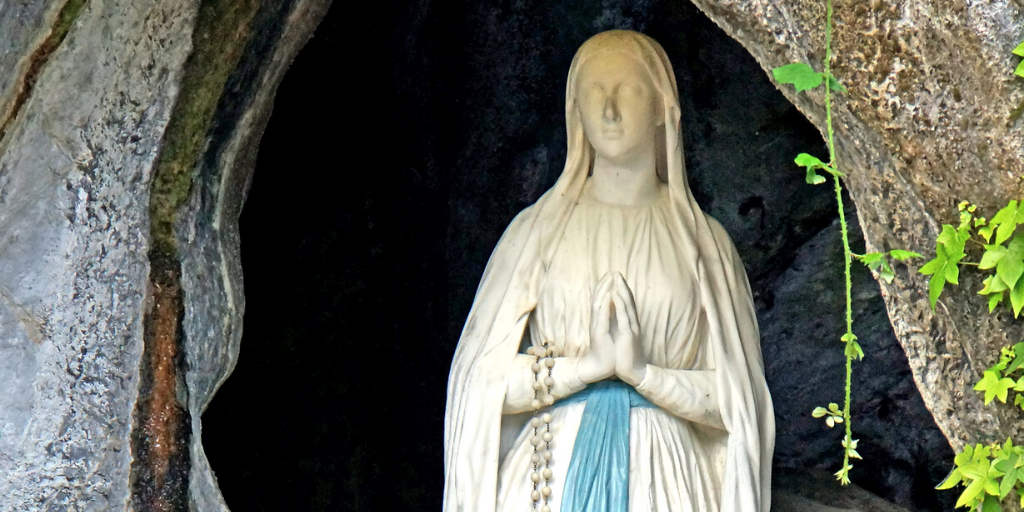
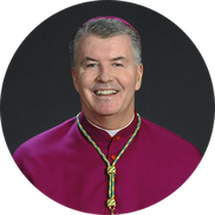
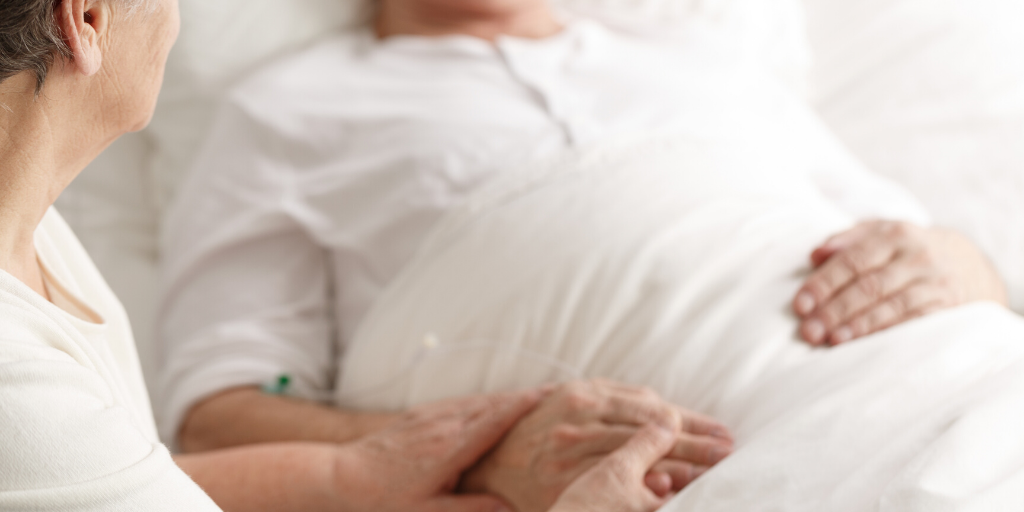
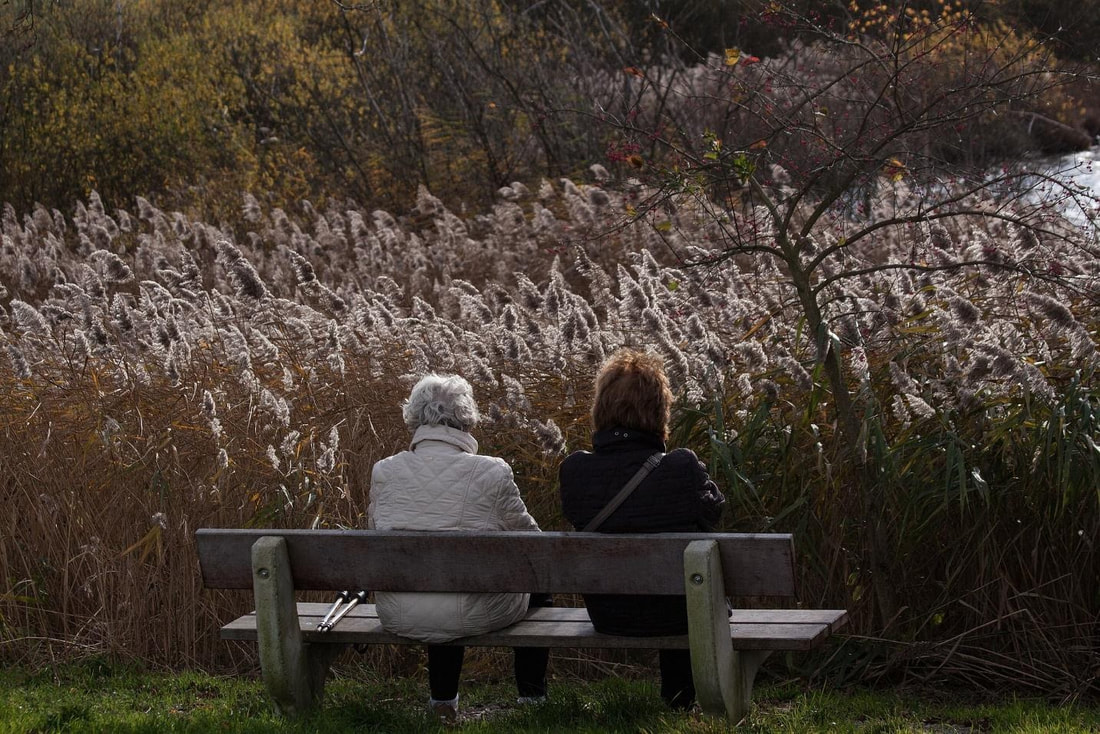
 RSS Feed
RSS Feed